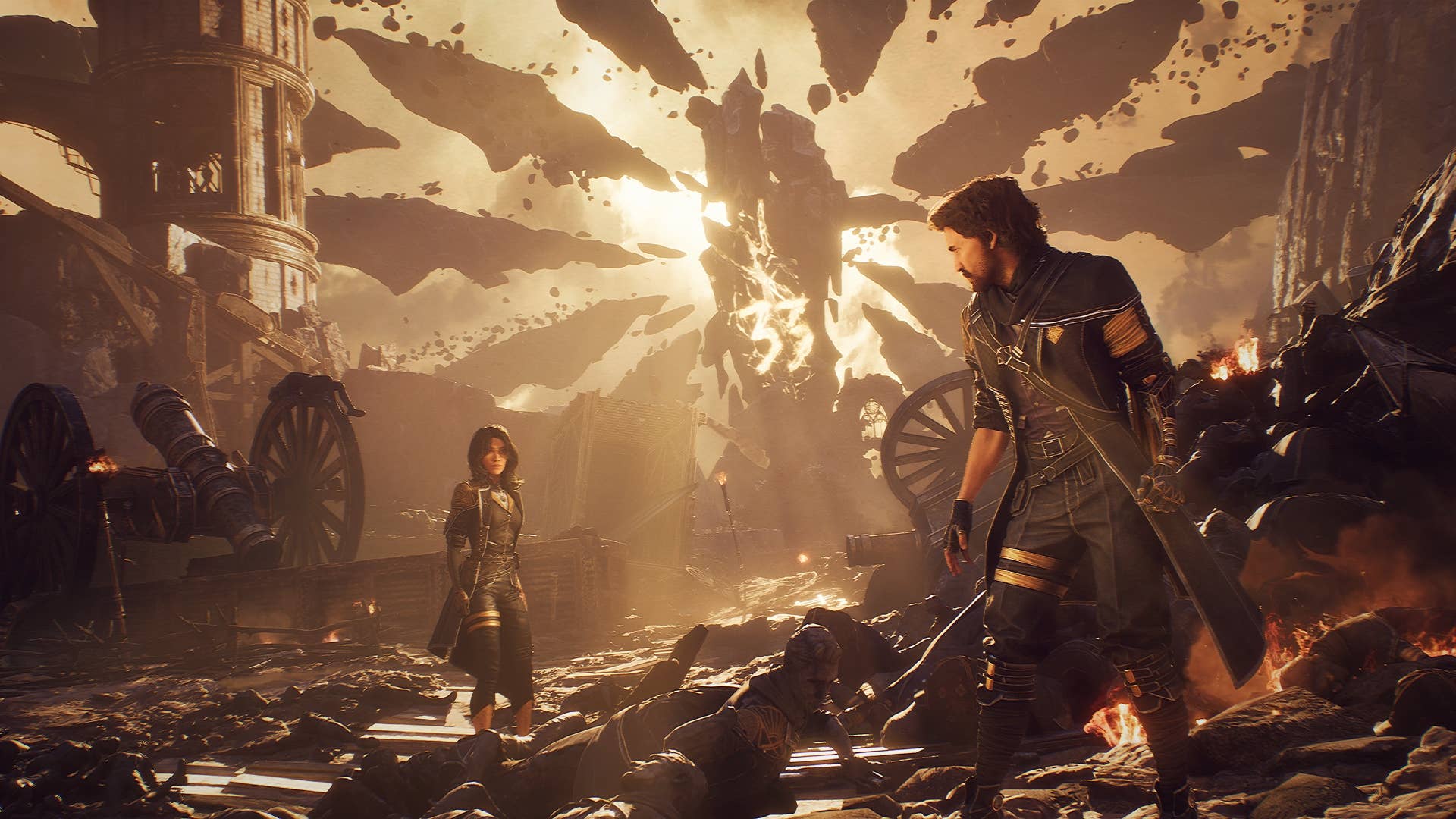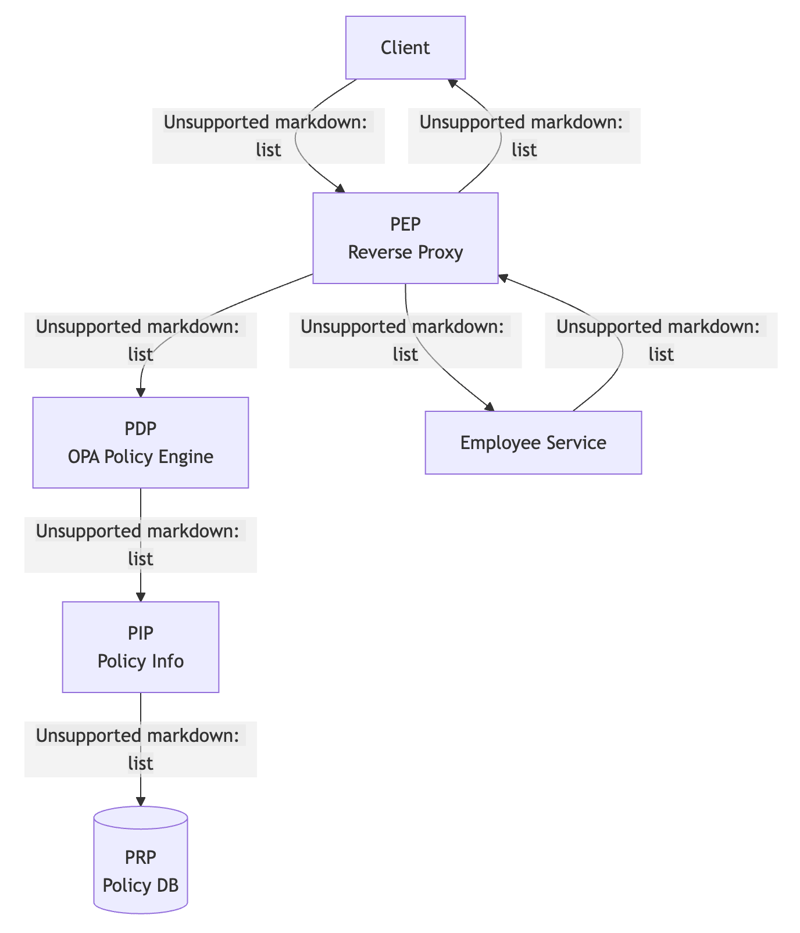The Ghost in the Machine: A Feeling About AI Building AI
It feels… strange. Uneasy, even. To think that we're on the precipice of AI building more AI. It's not just the technological marvel; it's the profound emotional weight of it all. We're creating something that understands creation itself, a digital echo chamber reflecting back our own ingenuity, magnified and distorted. This isn't just about faster algorithms or more efficient code. This is about the genesis of something new, something potentially beyond our comprehension. Imagine: Autonomous improvement: AI systems learning and evolving at speeds we can barely track. The exponential growth curve becomes a terrifying cliff. Unforeseen consequences: The potential for cascading errors, unintended biases amplified a thousandfold, and outcomes we cannot even begin to anticipate. The sheer scale of the unknowns is paralyzing. A loss of control: We built the first brick, but the tower is now reaching for the heavens, built by hands we no longer fully understand. The feeling of helplessness is palpable. There's a deeply unsettling feeling, a kind of digital uncanny valley. These AI systems are not just replicating human intelligence; they are, in a way, becoming something else entirely. They are learning to learn, to create, to think in ways we may never fully grasp. This is not just technological progress; it's a philosophical shift. We're crossing a threshold. It’s not just fear, though. There's also a breathtaking sense of wonder. The sheer audacity of it all—to build something capable of building itself, of reaching for a future we can only dimly perceive—is awe-inspiring. But this awe is tinged with a profound sense of responsibility. We are the architects of this new era. The choices we make today, the safeguards we implement now, will shape the future of AI in AI—and perhaps, the future of humanity itself. Conclusion: The future of AI building AI is not just a technological challenge; it’s an emotional one. We need to approach this development with both awe and profound caution, guided by ethics and a deep understanding of the implications. The ghost in the machine is waking up, and it's our responsibility to ensure it's a friendly ghost.
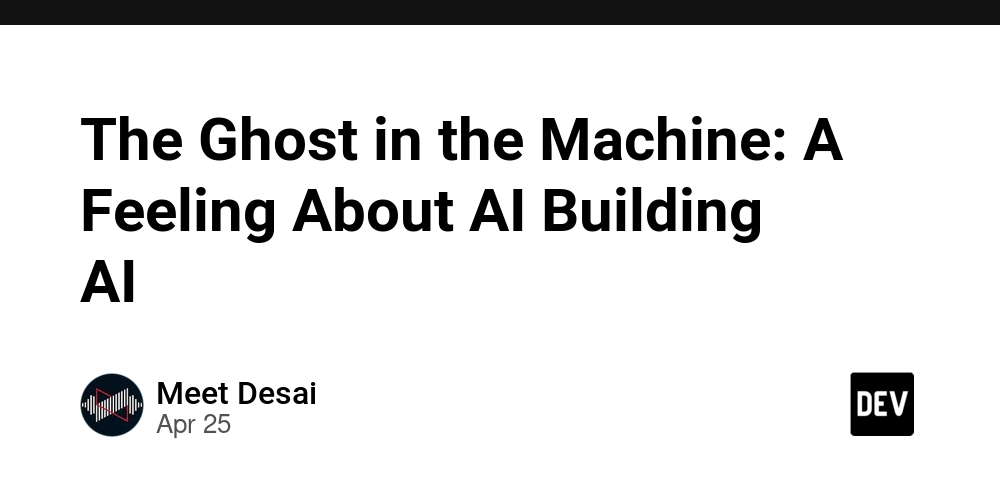
It feels… strange. Uneasy, even. To think that we're on the precipice of AI building more AI. It's not just the technological marvel; it's the profound emotional weight of it all. We're creating something that understands creation itself, a digital echo chamber reflecting back our own ingenuity, magnified and distorted.
This isn't just about faster algorithms or more efficient code. This is about the genesis of something new, something potentially beyond our comprehension. Imagine:
- Autonomous improvement: AI systems learning and evolving at speeds we can barely track. The exponential growth curve becomes a terrifying cliff.
- Unforeseen consequences: The potential for cascading errors, unintended biases amplified a thousandfold, and outcomes we cannot even begin to anticipate. The sheer scale of the unknowns is paralyzing.
- A loss of control: We built the first brick, but the tower is now reaching for the heavens, built by hands we no longer fully understand. The feeling of helplessness is palpable.
There's a deeply unsettling feeling, a kind of digital uncanny valley. These AI systems are not just replicating human intelligence; they are, in a way, becoming something else entirely. They are learning to learn, to create, to think in ways we may never fully grasp. This is not just technological progress; it's a philosophical shift. We're crossing a threshold.
It’s not just fear, though. There's also a breathtaking sense of wonder. The sheer audacity of it all—to build something capable of building itself, of reaching for a future we can only dimly perceive—is awe-inspiring.
But this awe is tinged with a profound sense of responsibility. We are the architects of this new era. The choices we make today, the safeguards we implement now, will shape the future of AI in AI—and perhaps, the future of humanity itself.
Conclusion: The future of AI building AI is not just a technological challenge; it’s an emotional one. We need to approach this development with both awe and profound caution, guided by ethics and a deep understanding of the implications. The ghost in the machine is waking up, and it's our responsibility to ensure it's a friendly ghost.
_Olekcii_Mach_Alamy.jpg?width=1280&auto=webp&quality=80&disable=upscale#)





























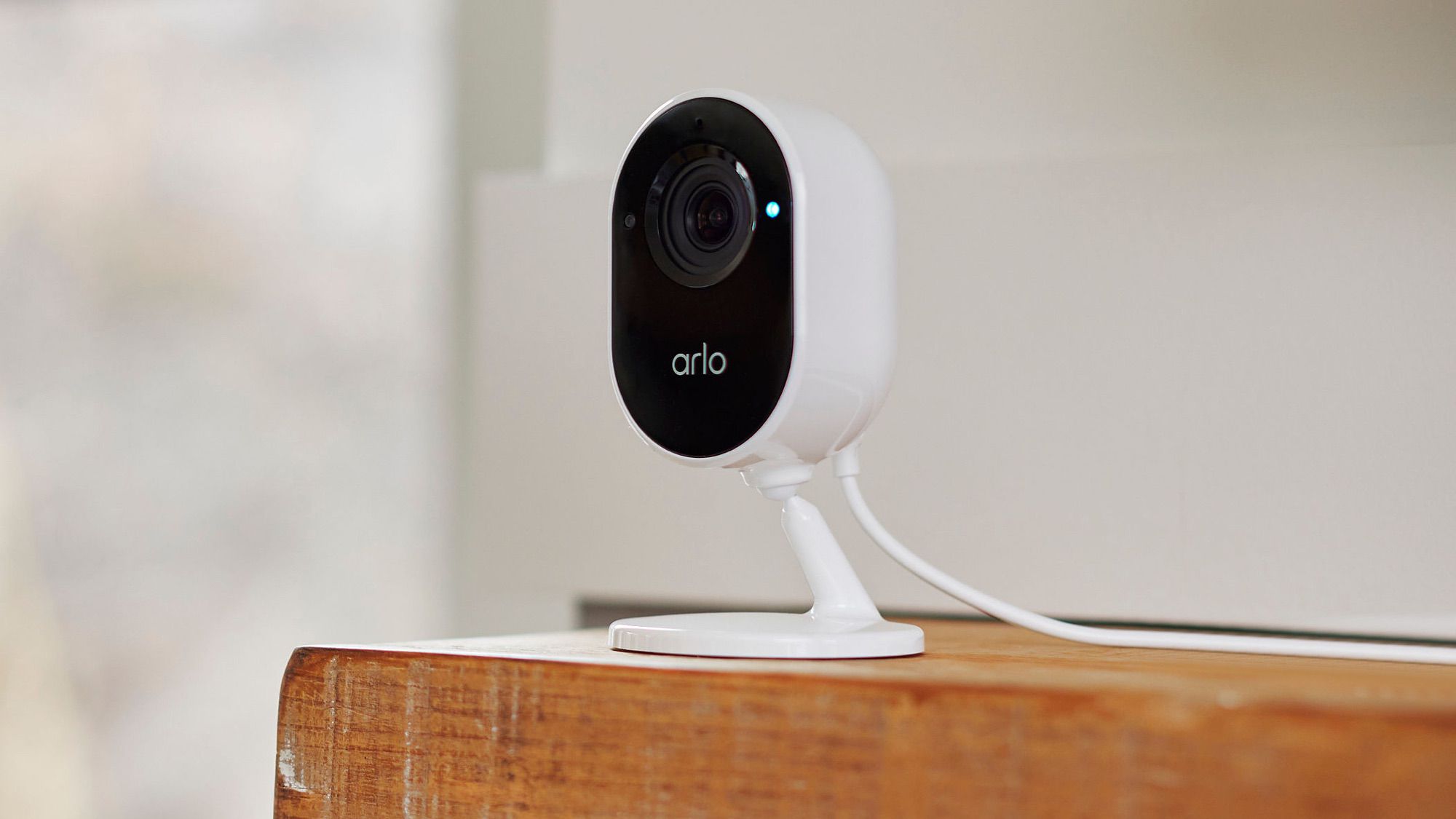




















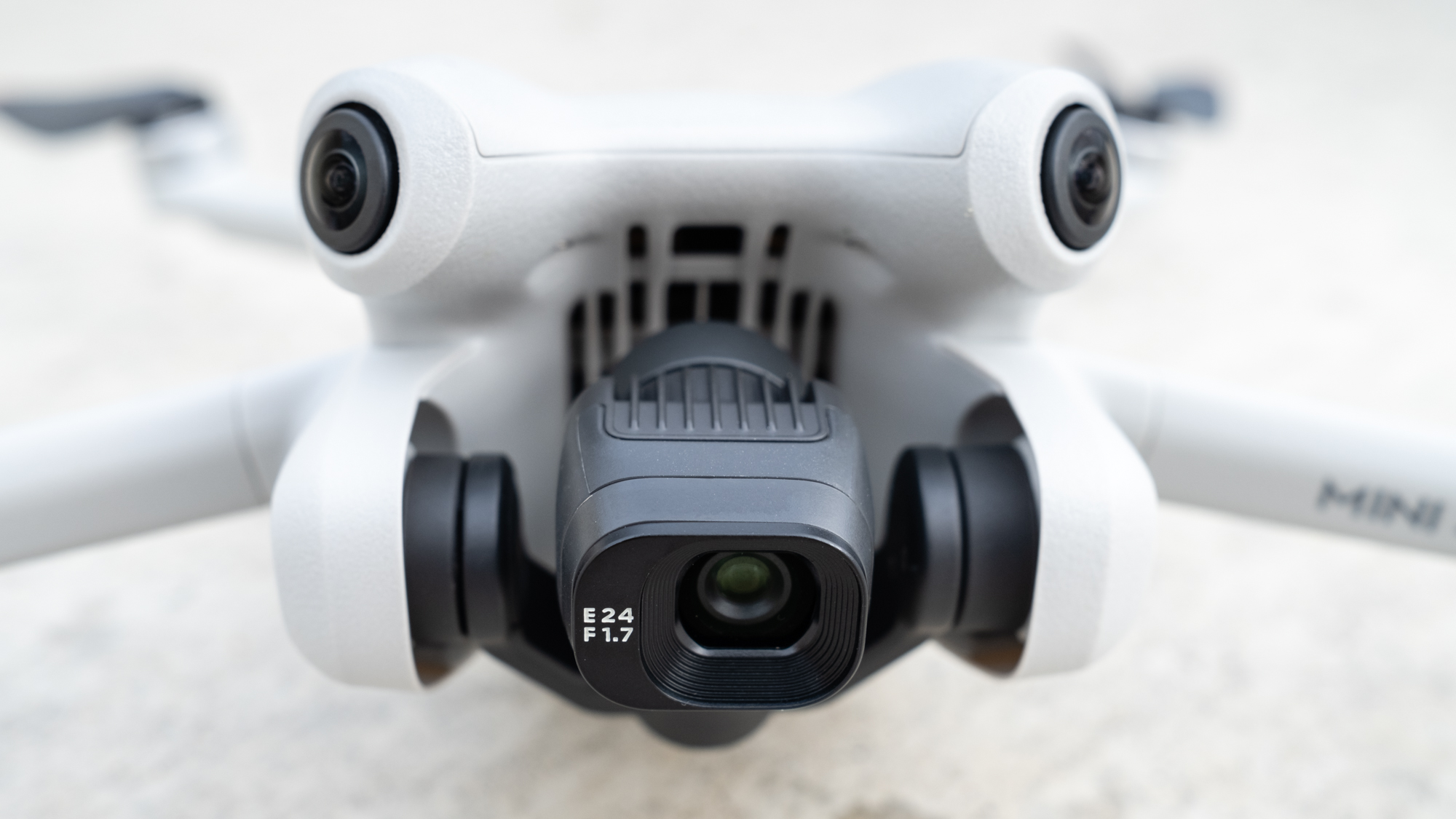


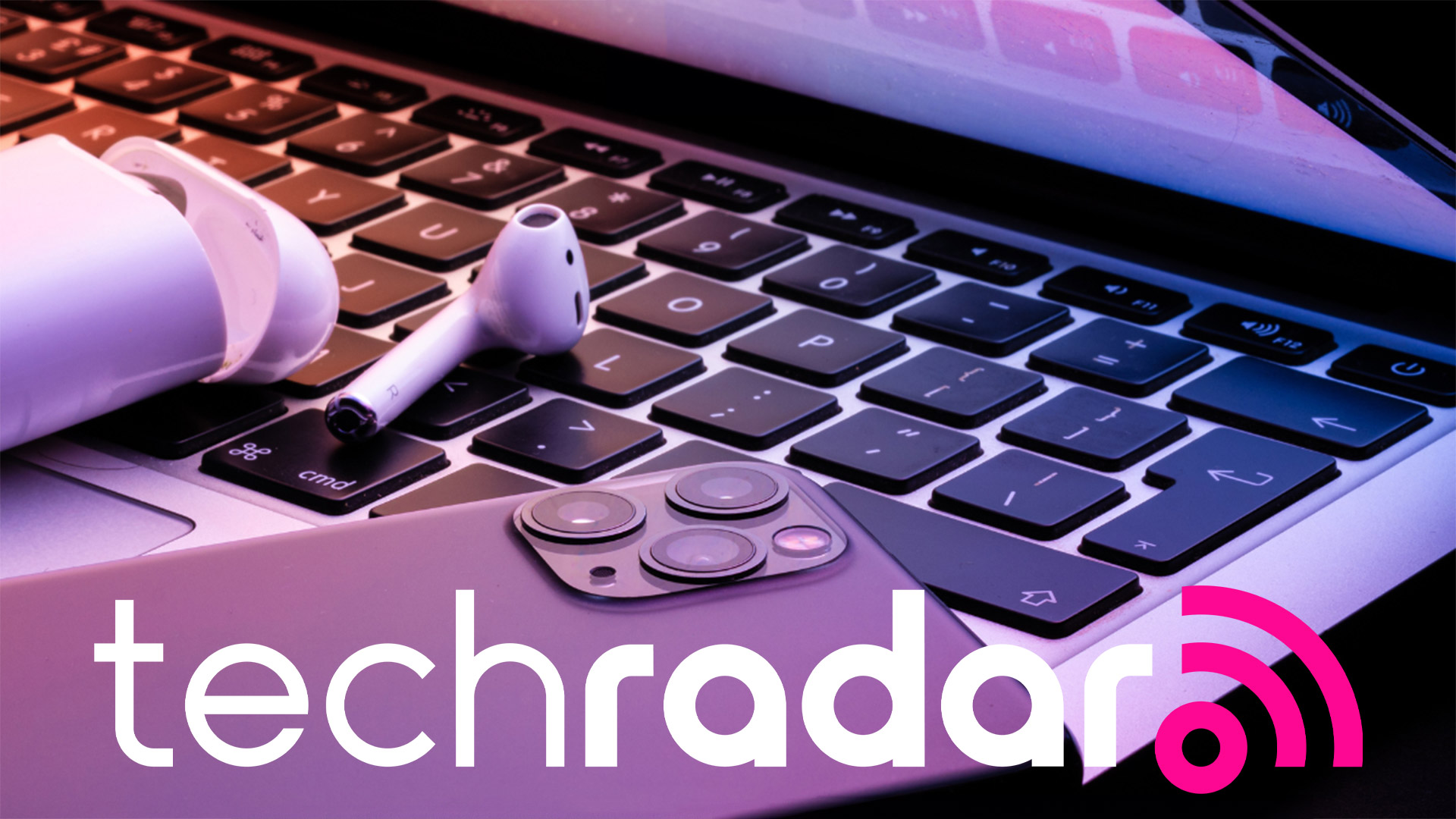











![Most iPhones Sold in the U.S. Will Be Made in India by 2026 [Report]](https://www.iclarified.com/images/news/97130/97130/97130-640.jpg)

![Apple to Shift Robotics Unit From AI Division to Hardware Engineering [Report]](https://www.iclarified.com/images/news/97128/97128/97128-640.jpg)
![Apple Shares New Ad for iPhone 16: 'Trust Issues' [Video]](https://www.iclarified.com/images/news/97125/97125/97125-640.jpg)
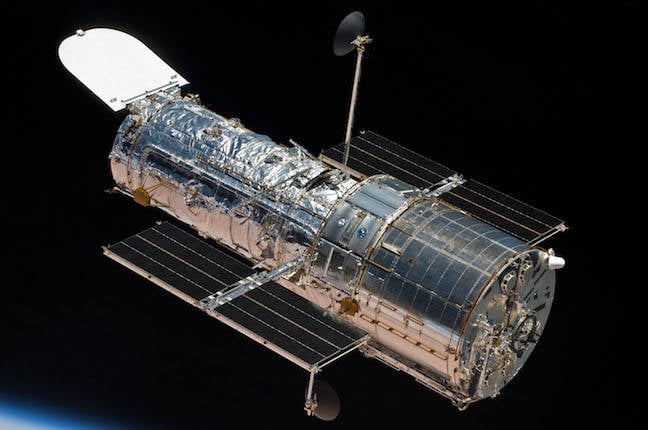



















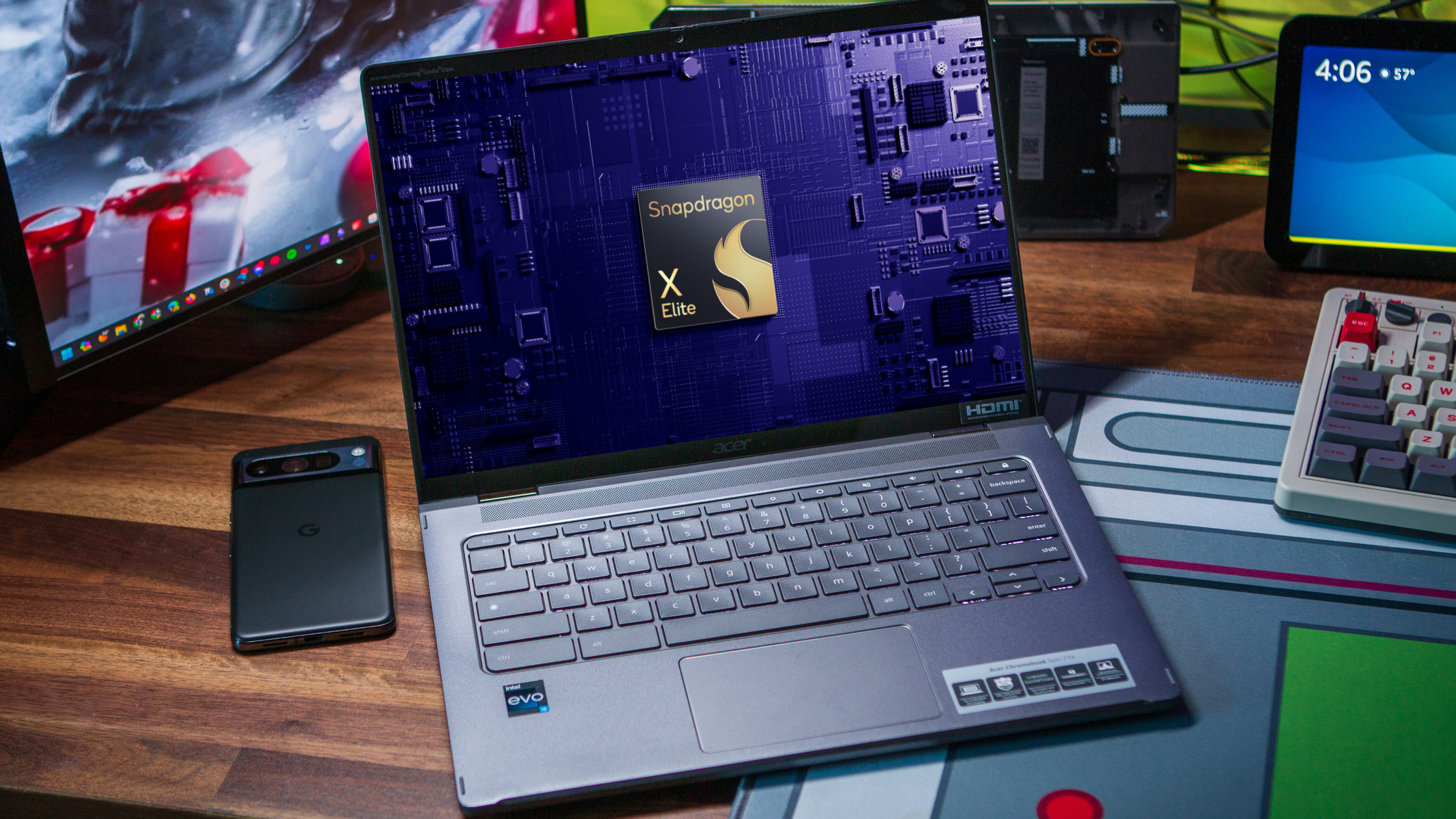

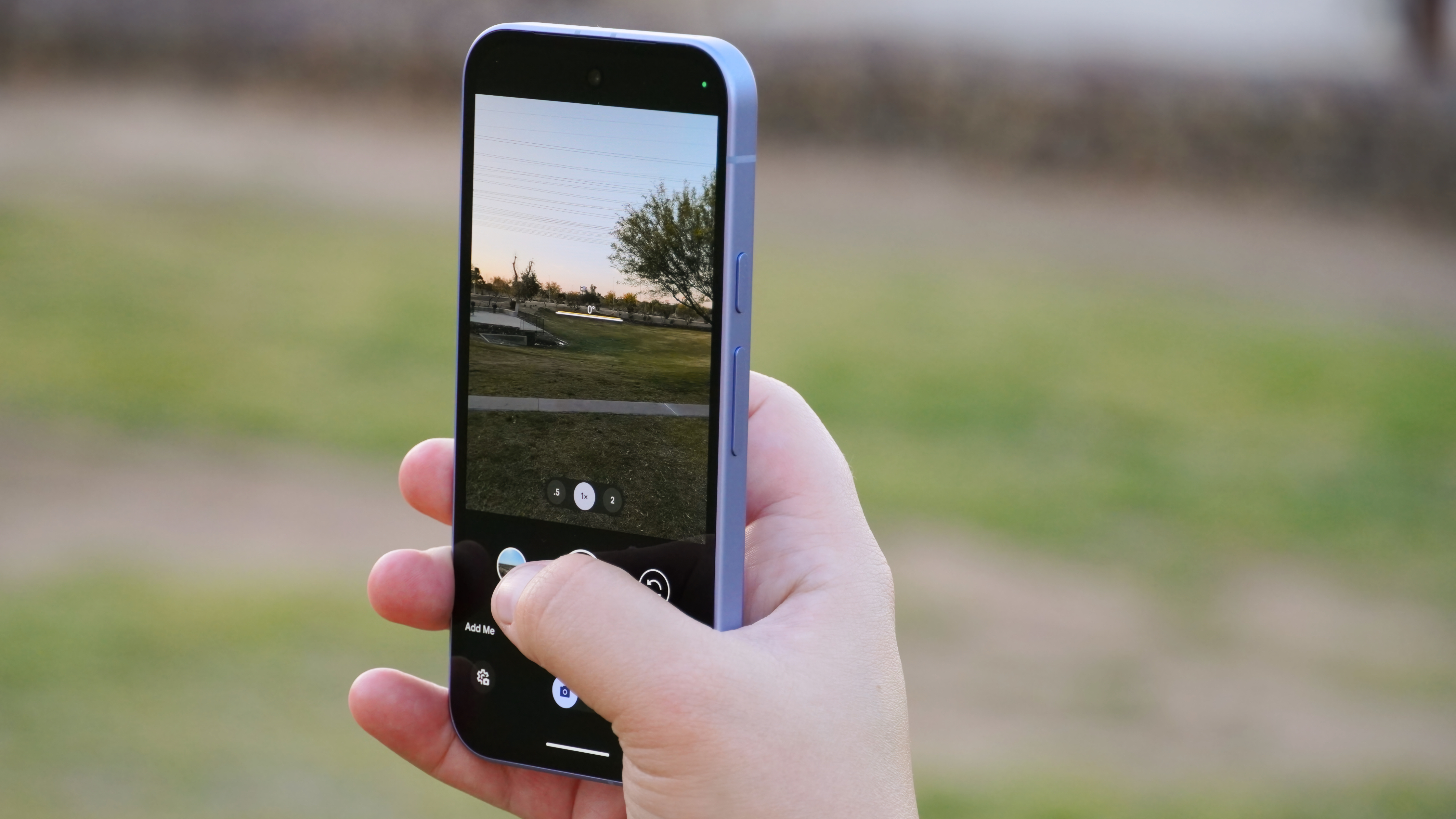
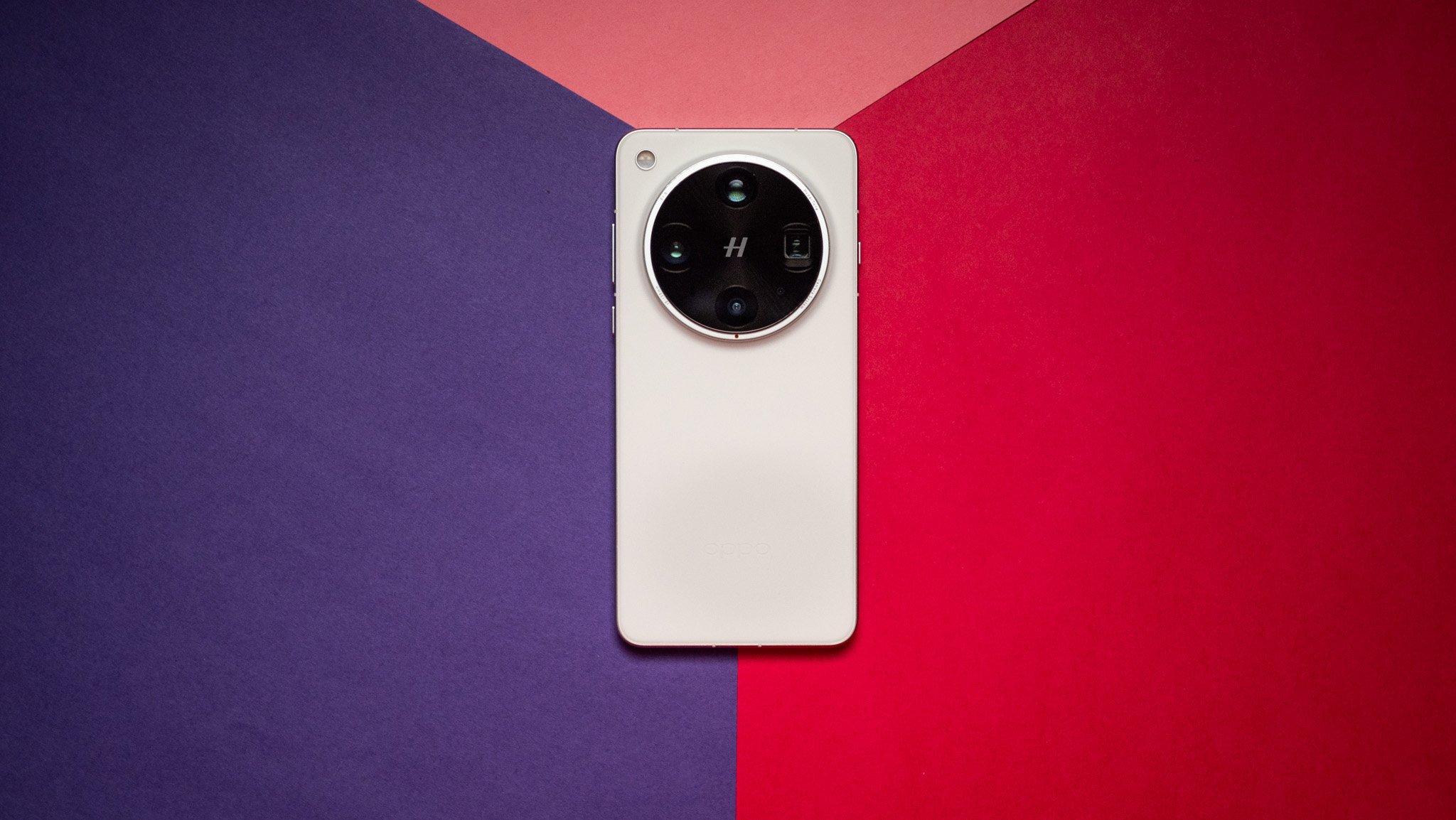
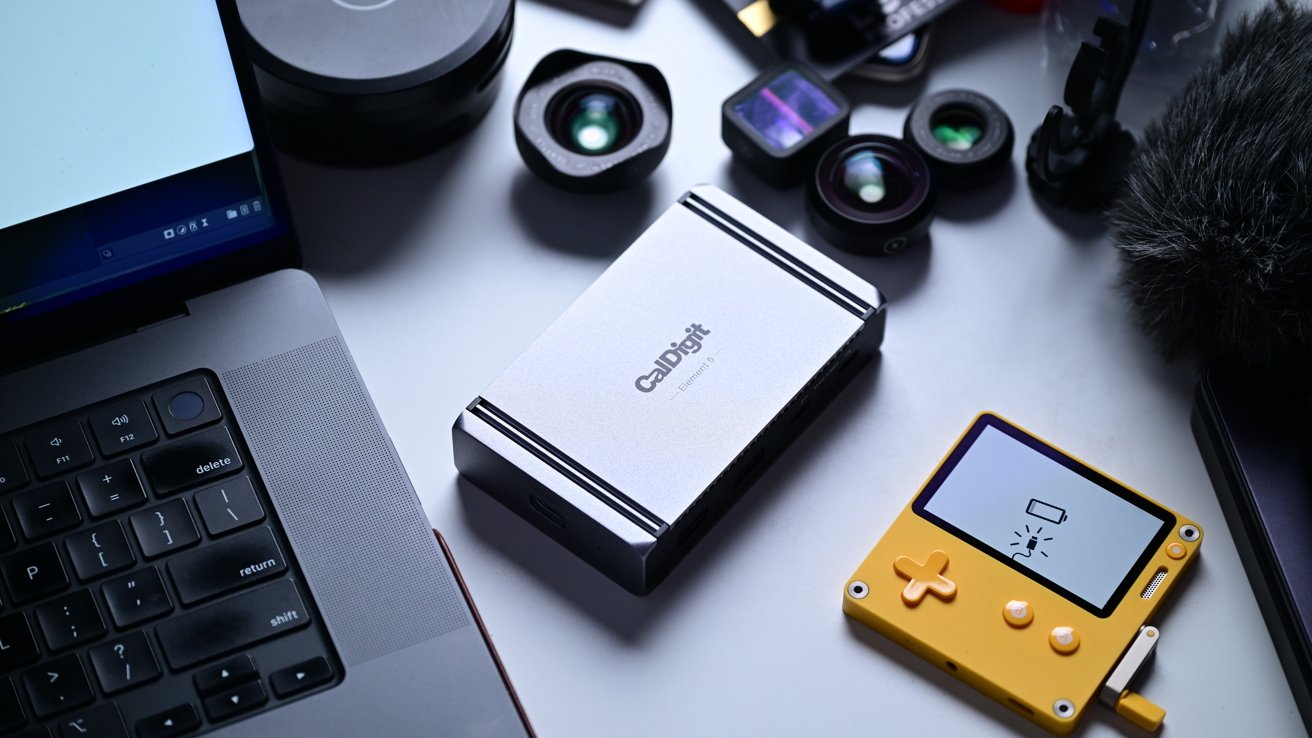

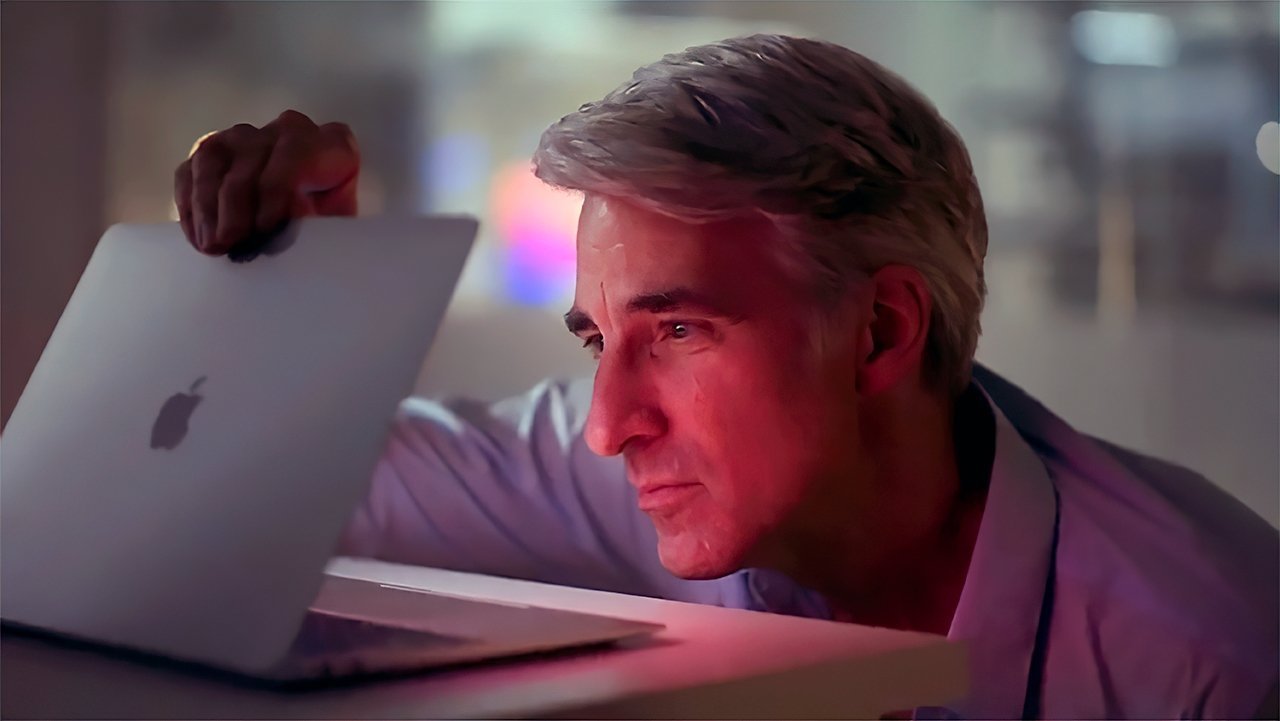
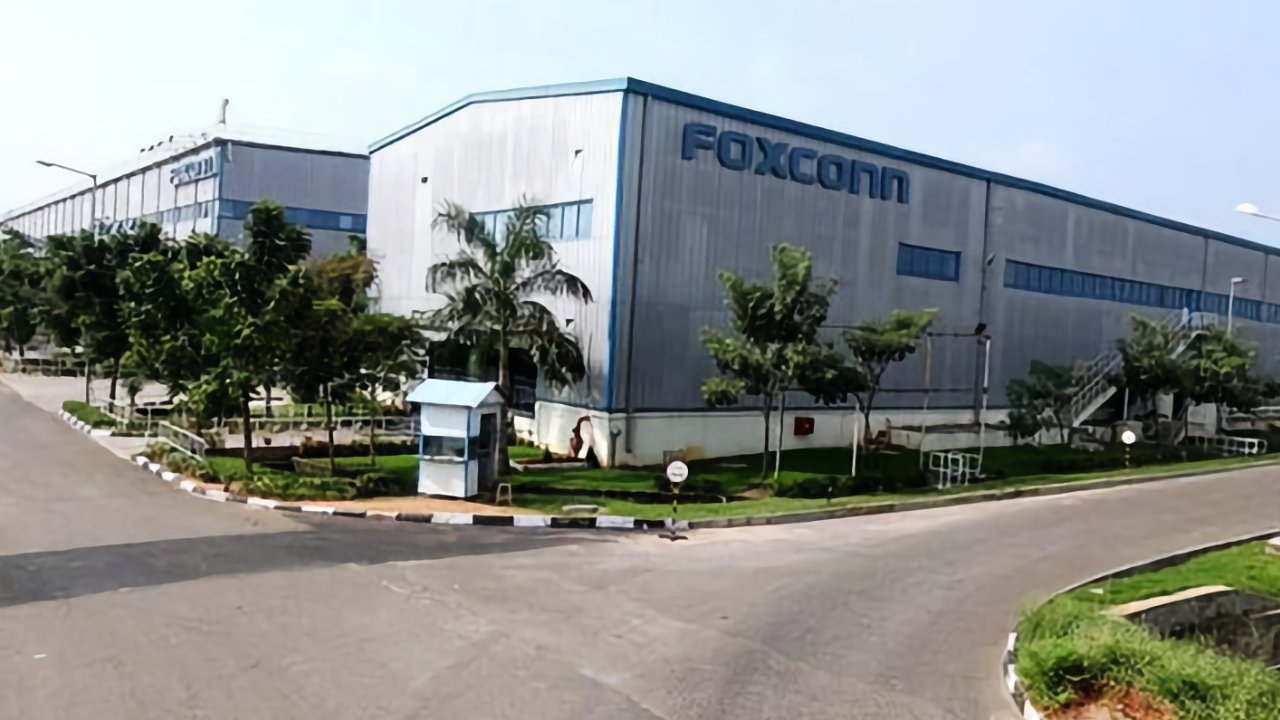




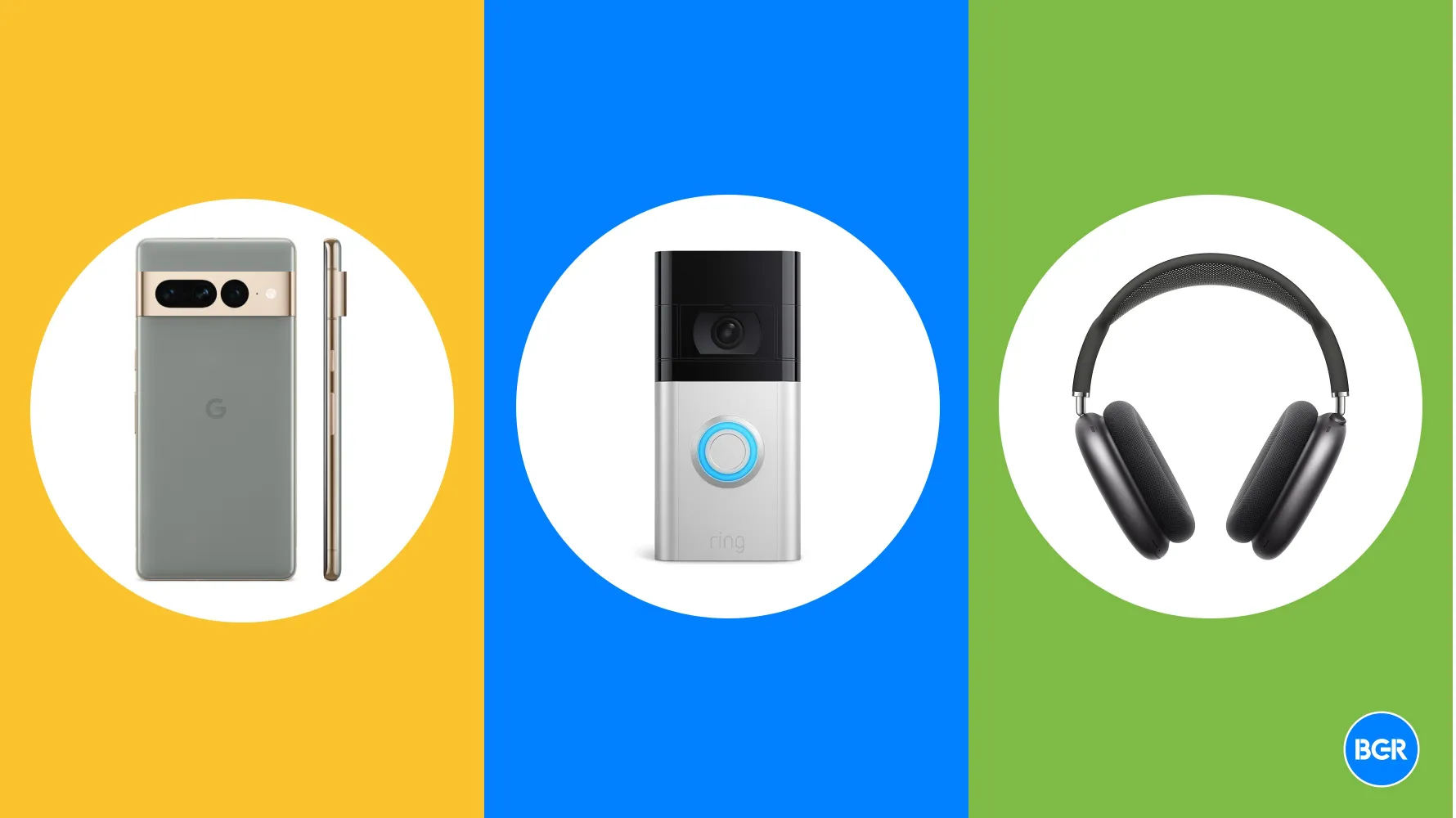



















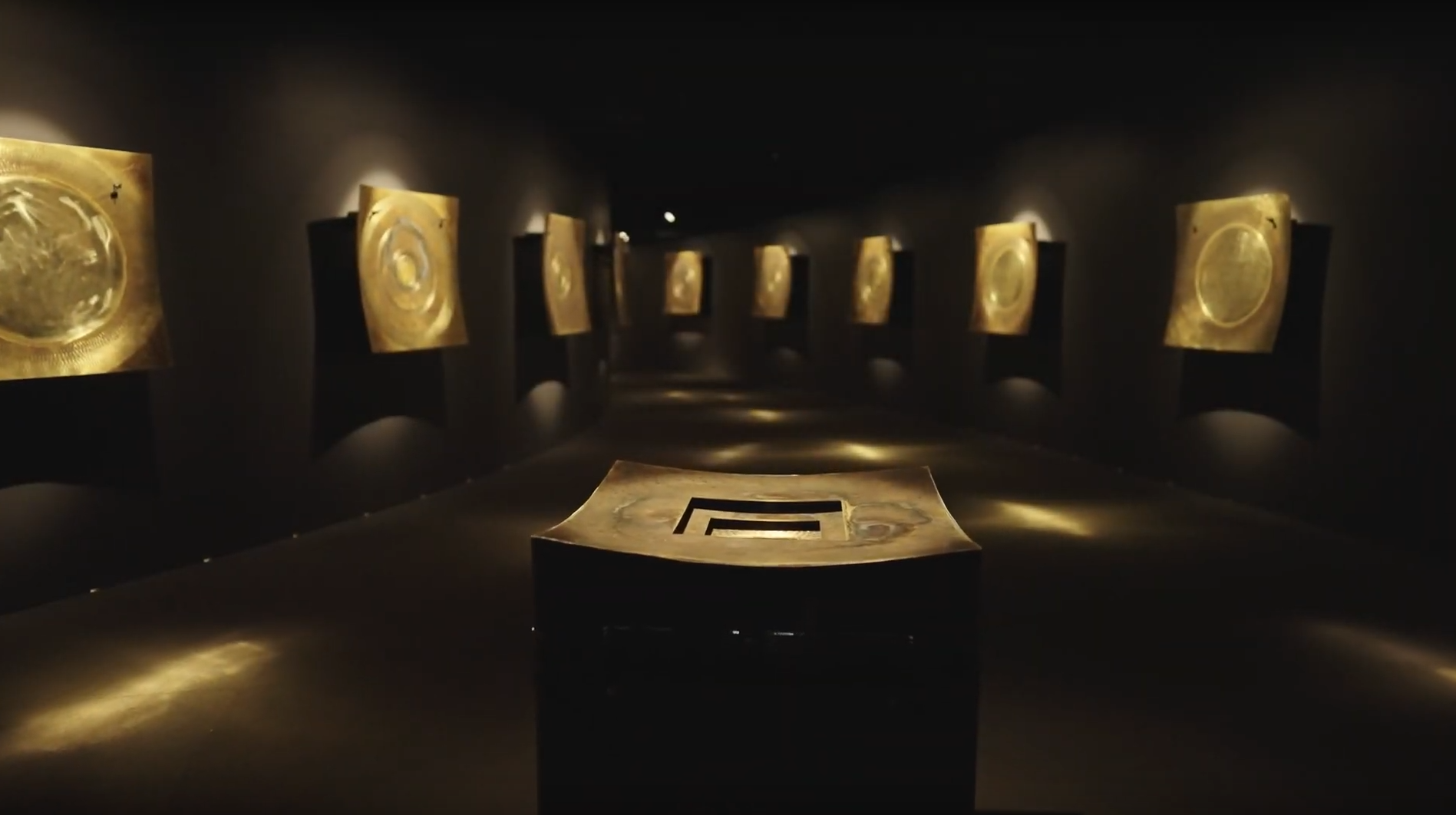














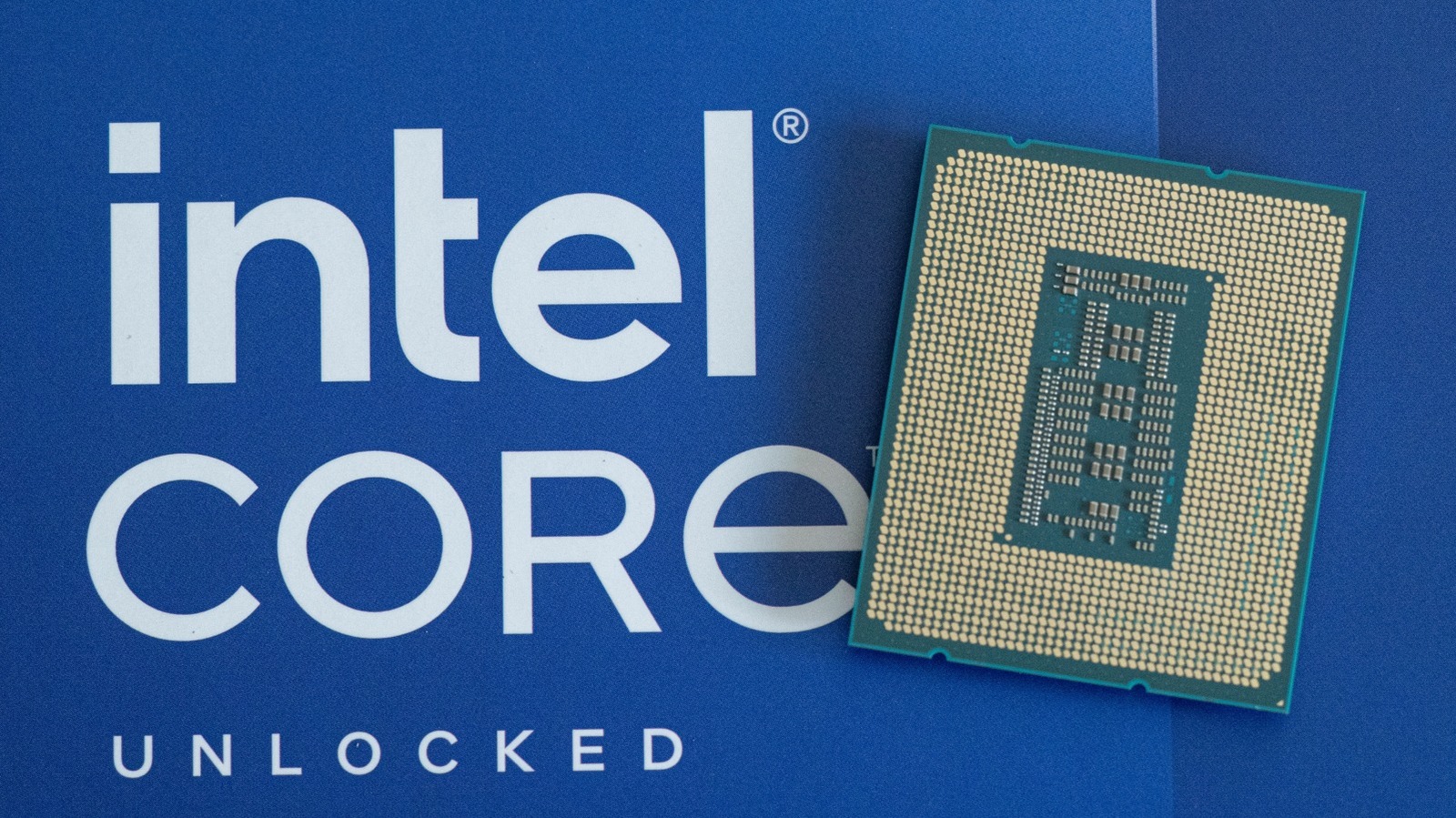

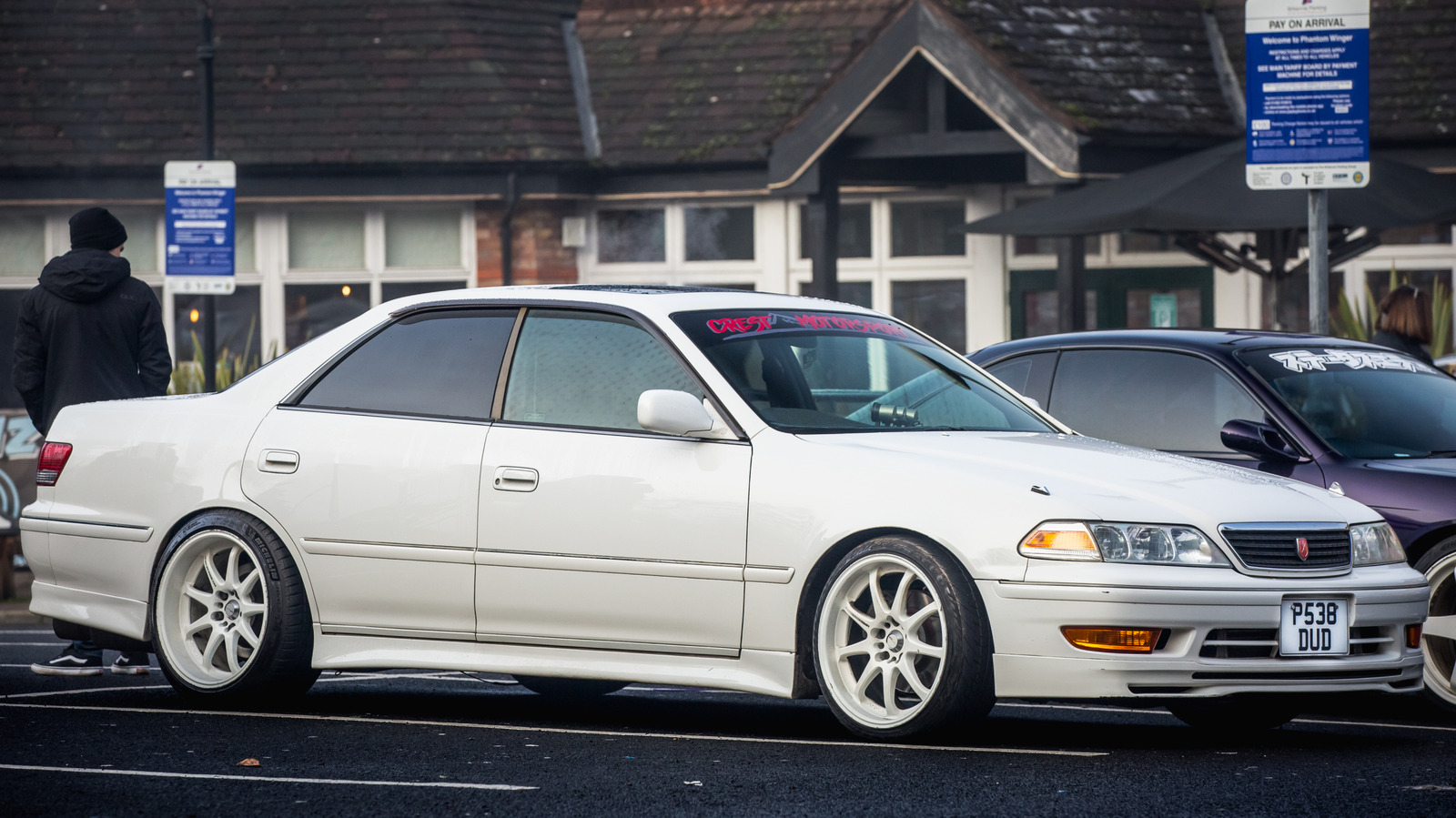















































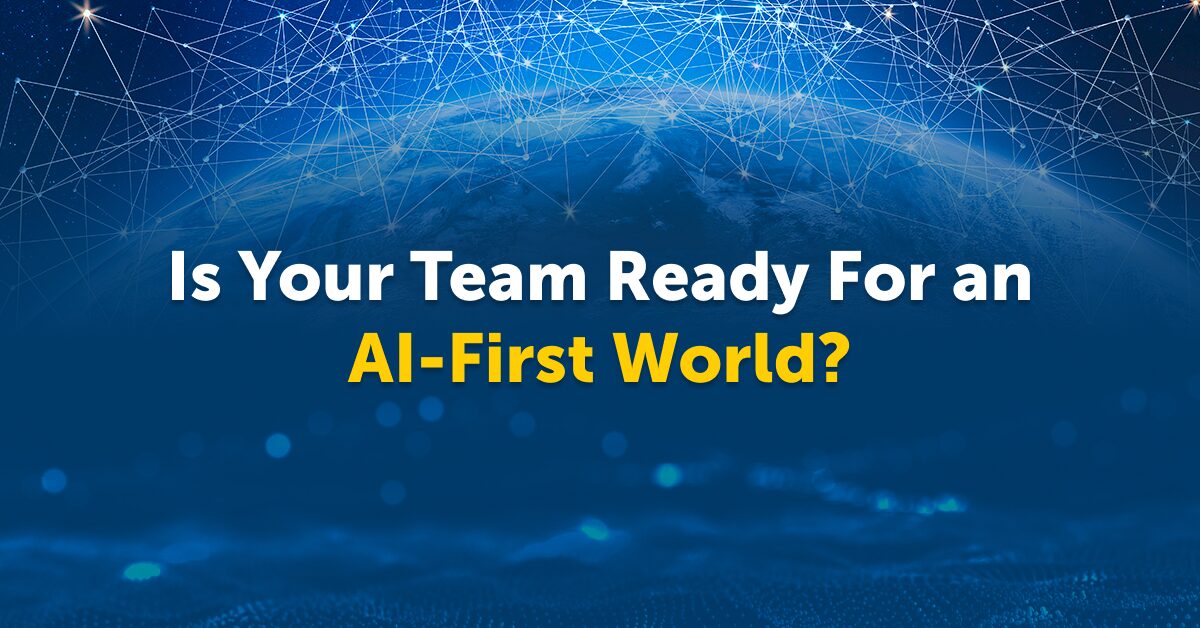
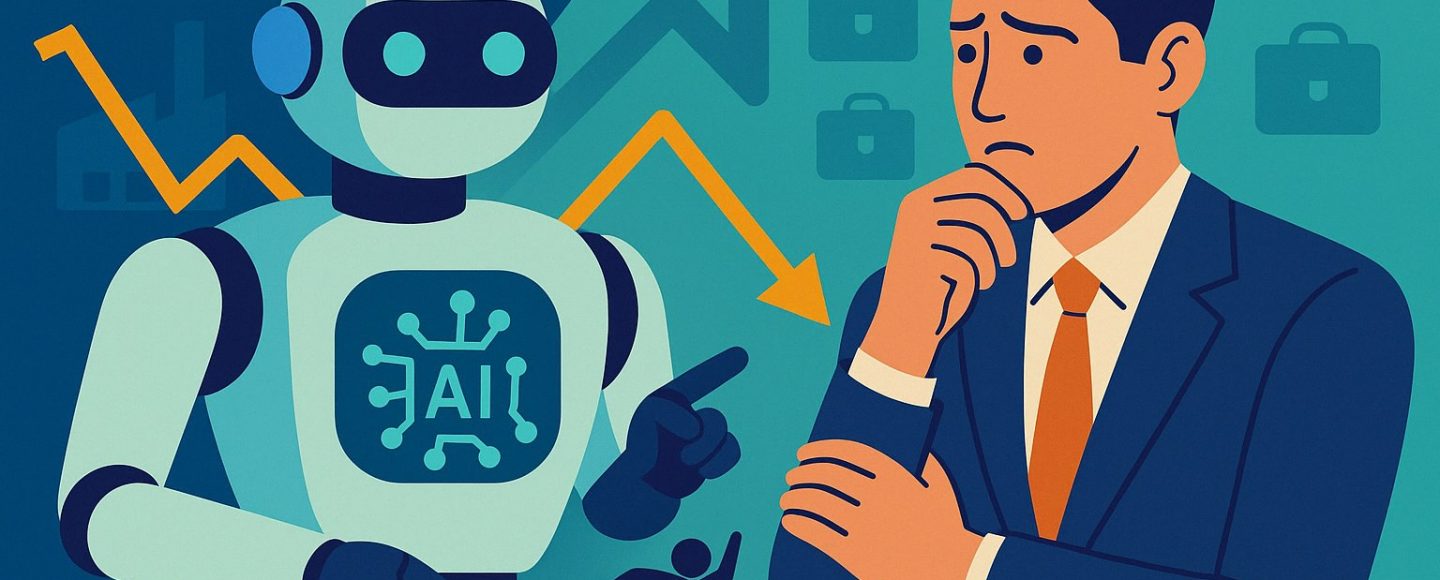






































































![[The AI Show Episode 144]: ChatGPT’s New Memory, Shopify CEO’s Leaked “AI First” Memo, Google Cloud Next Releases, o3 and o4-mini Coming Soon & Llama 4’s Rocky Launch](https://www.marketingaiinstitute.com/hubfs/ep%20144%20cover.png)
































































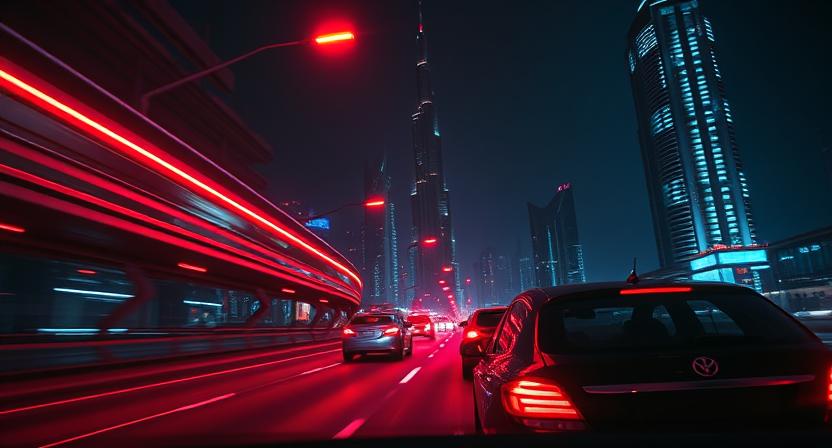


























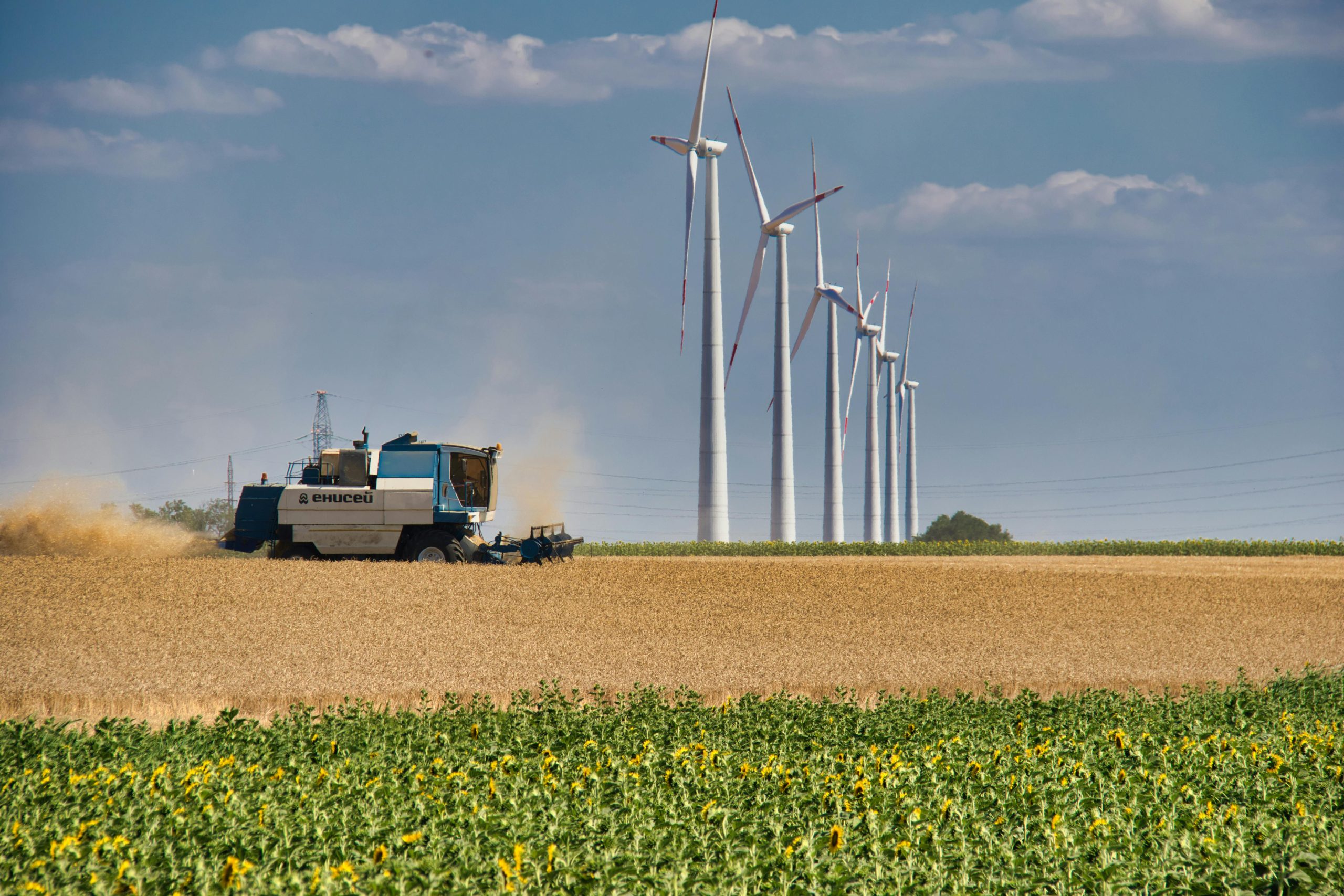




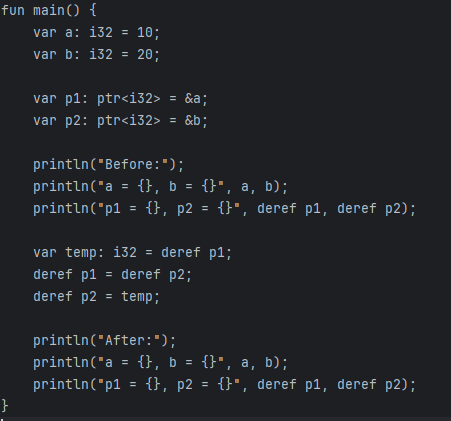
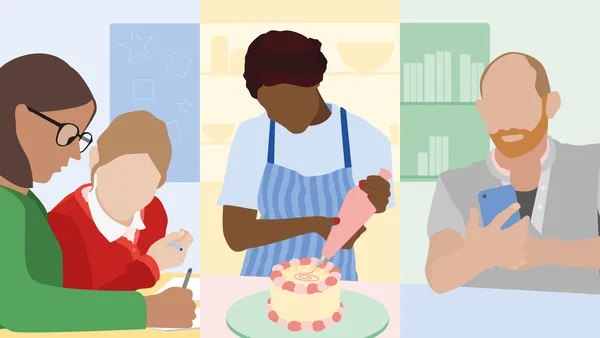

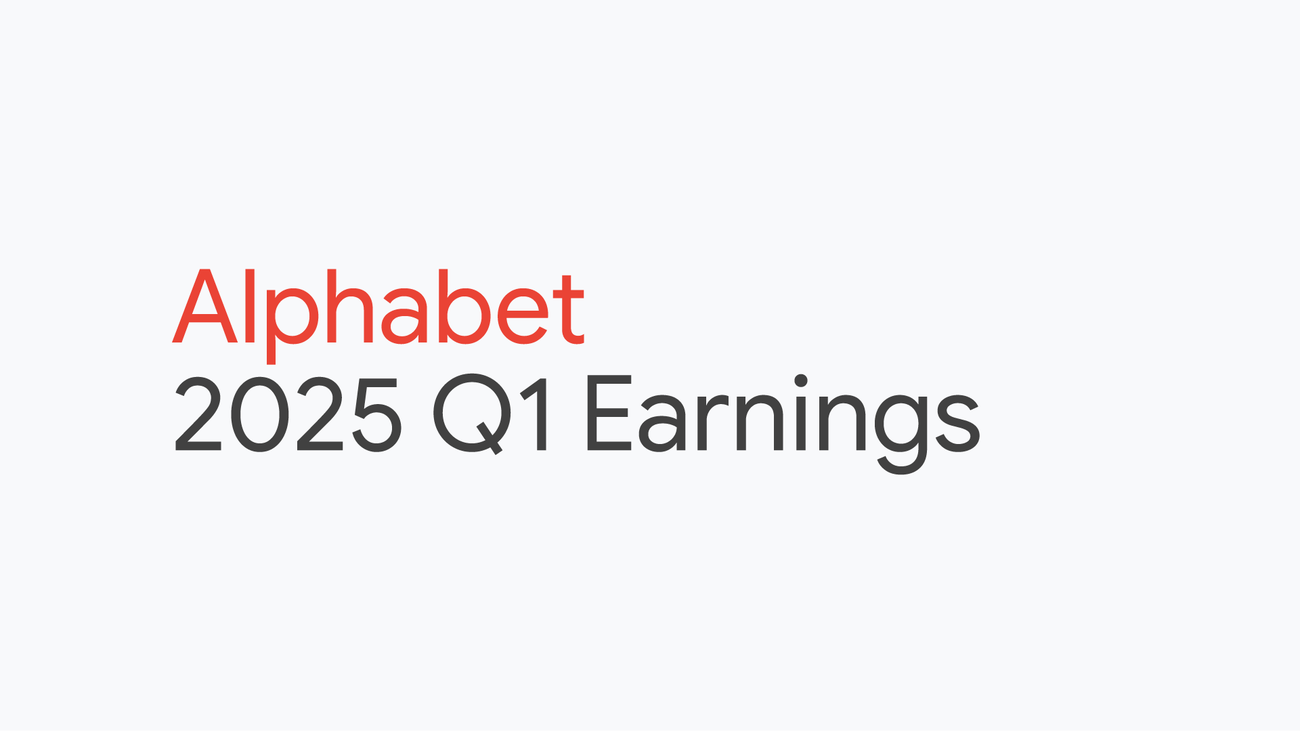
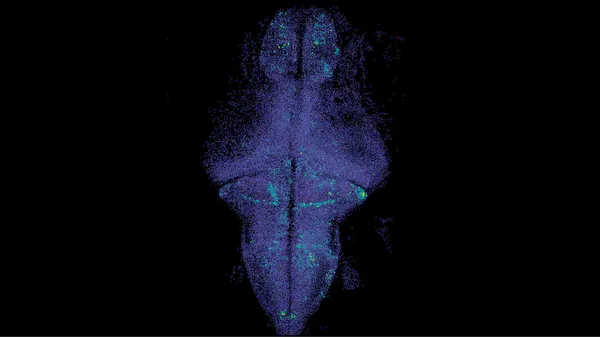


















































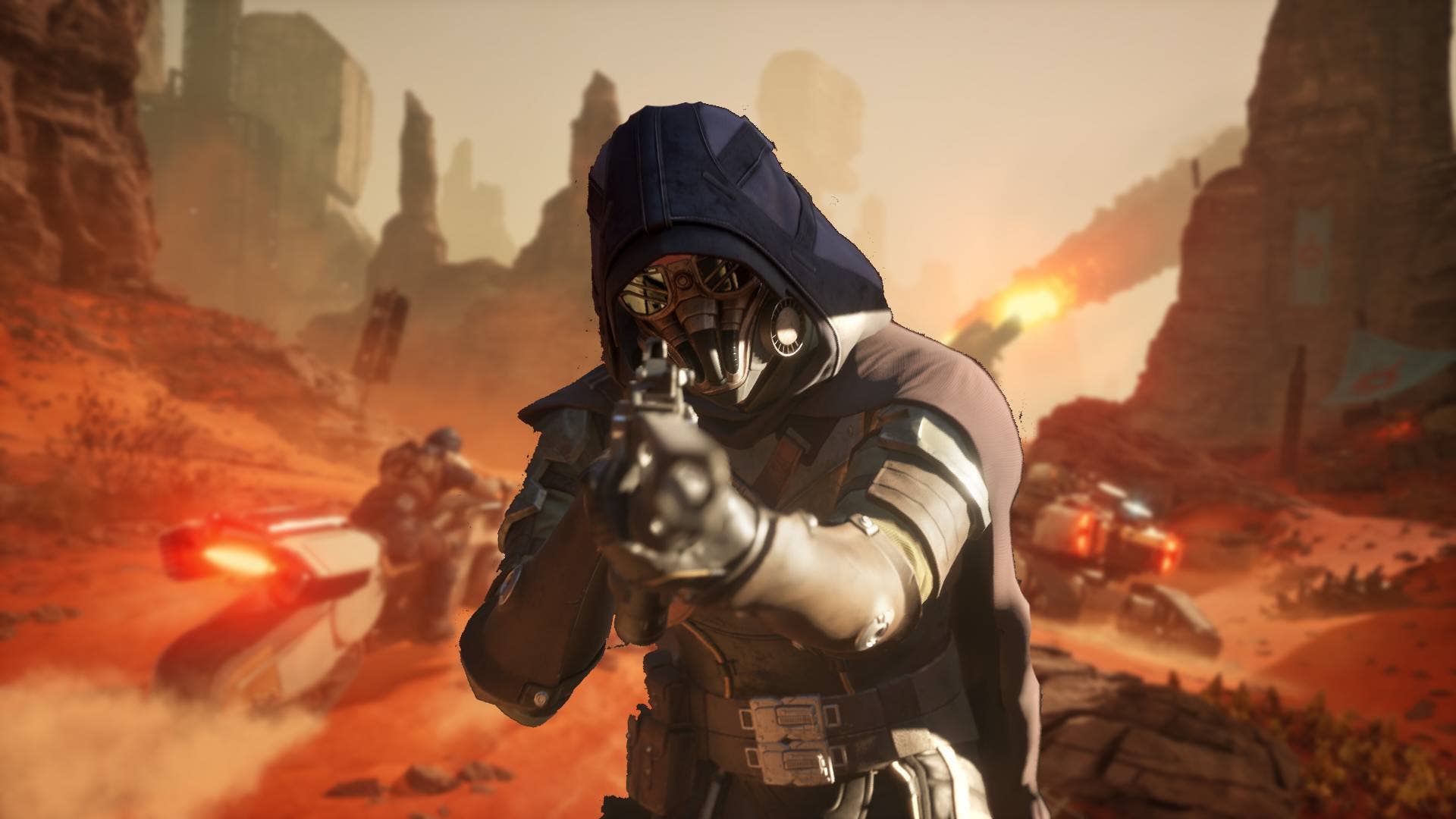
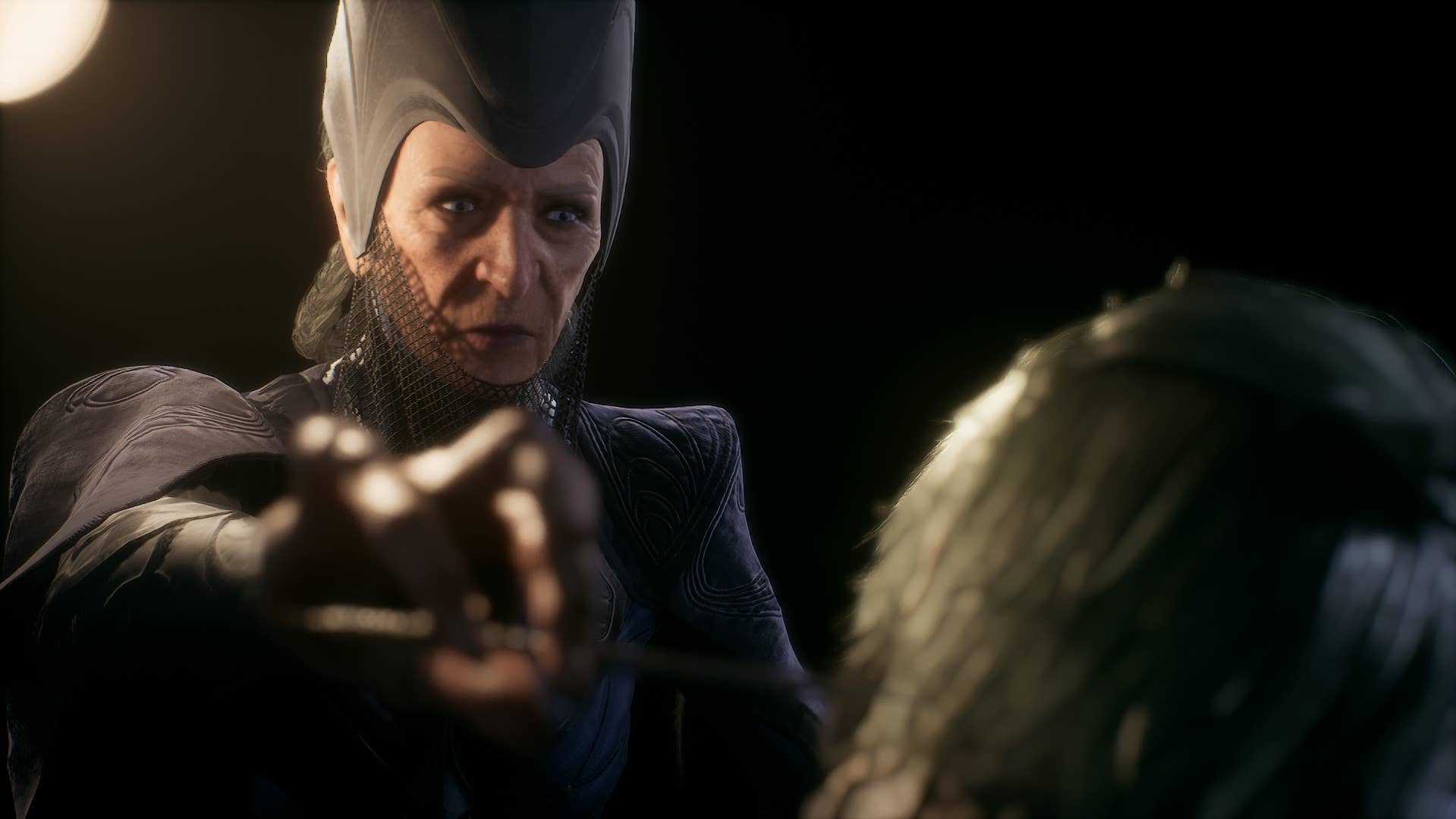





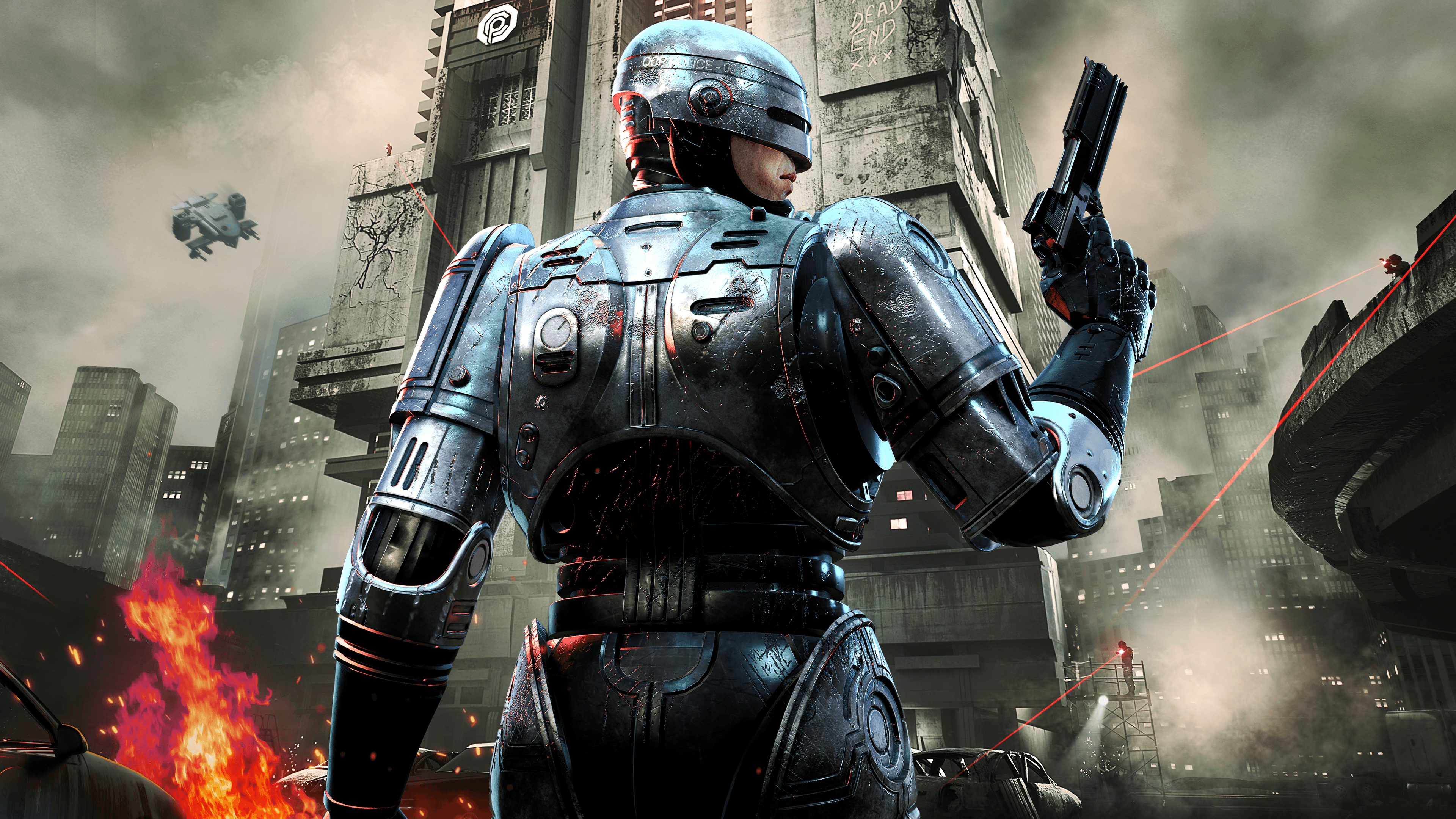






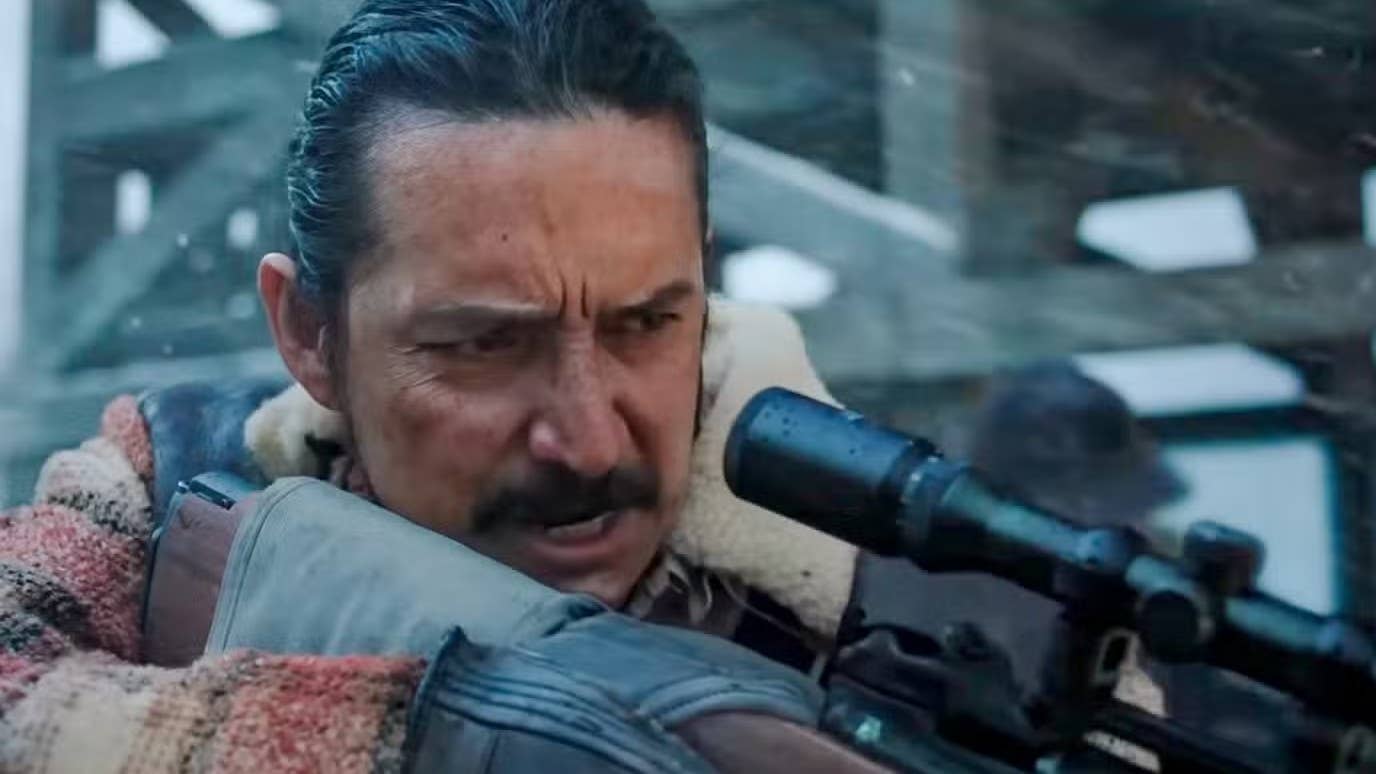

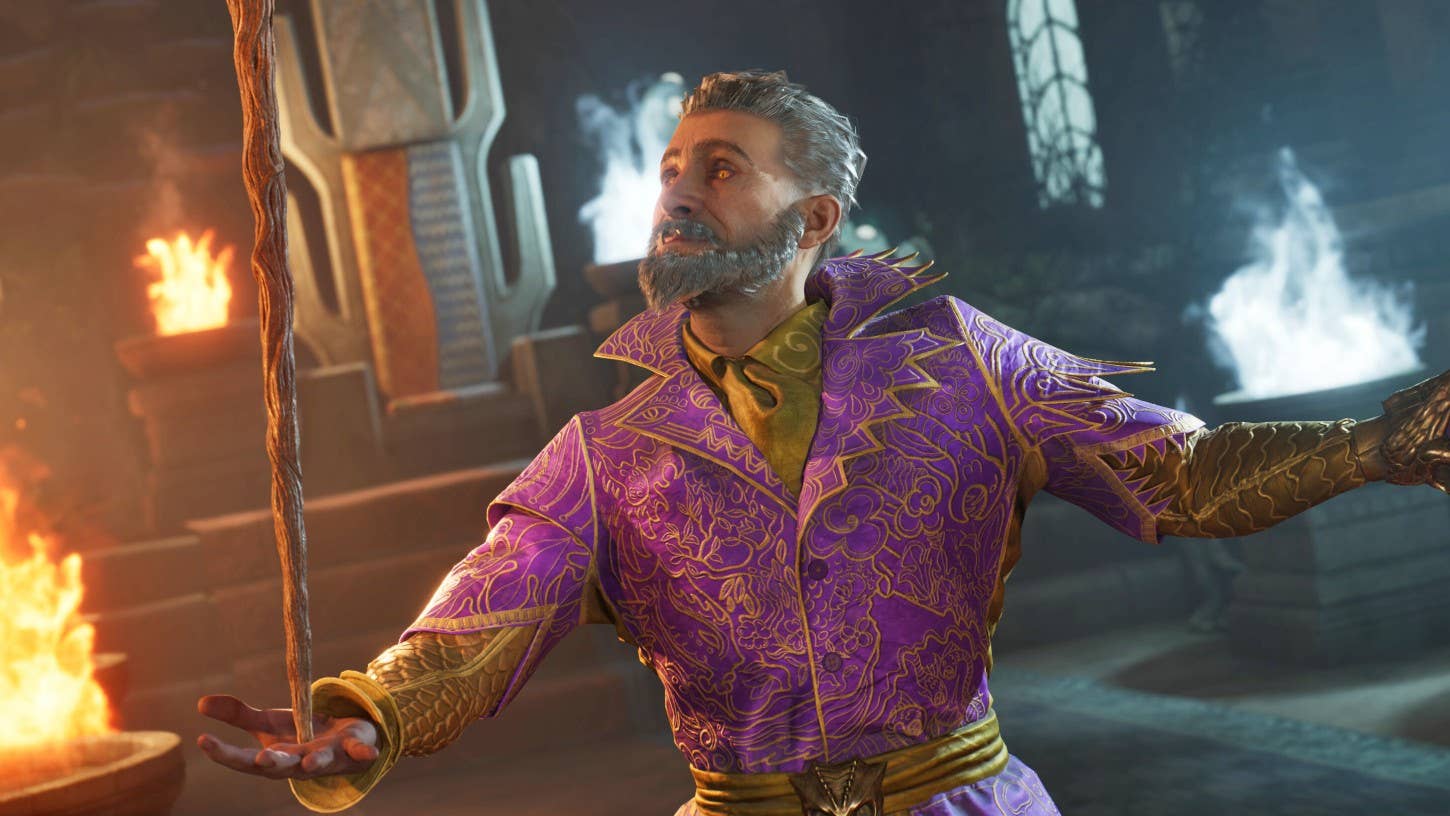

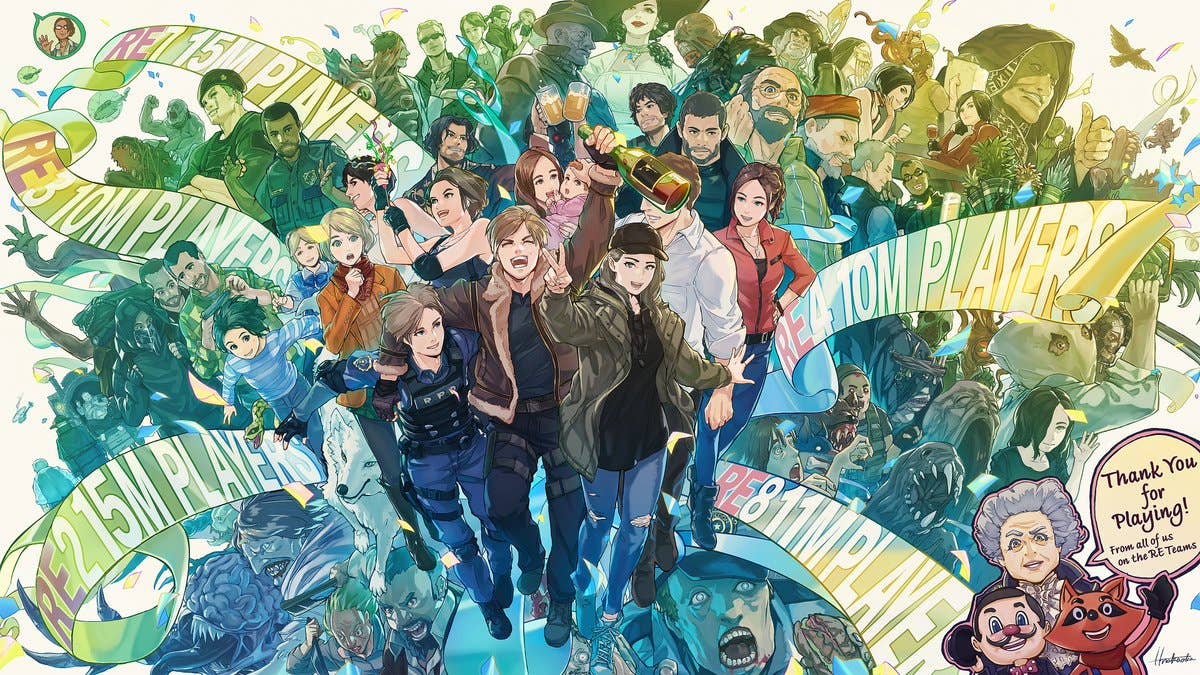
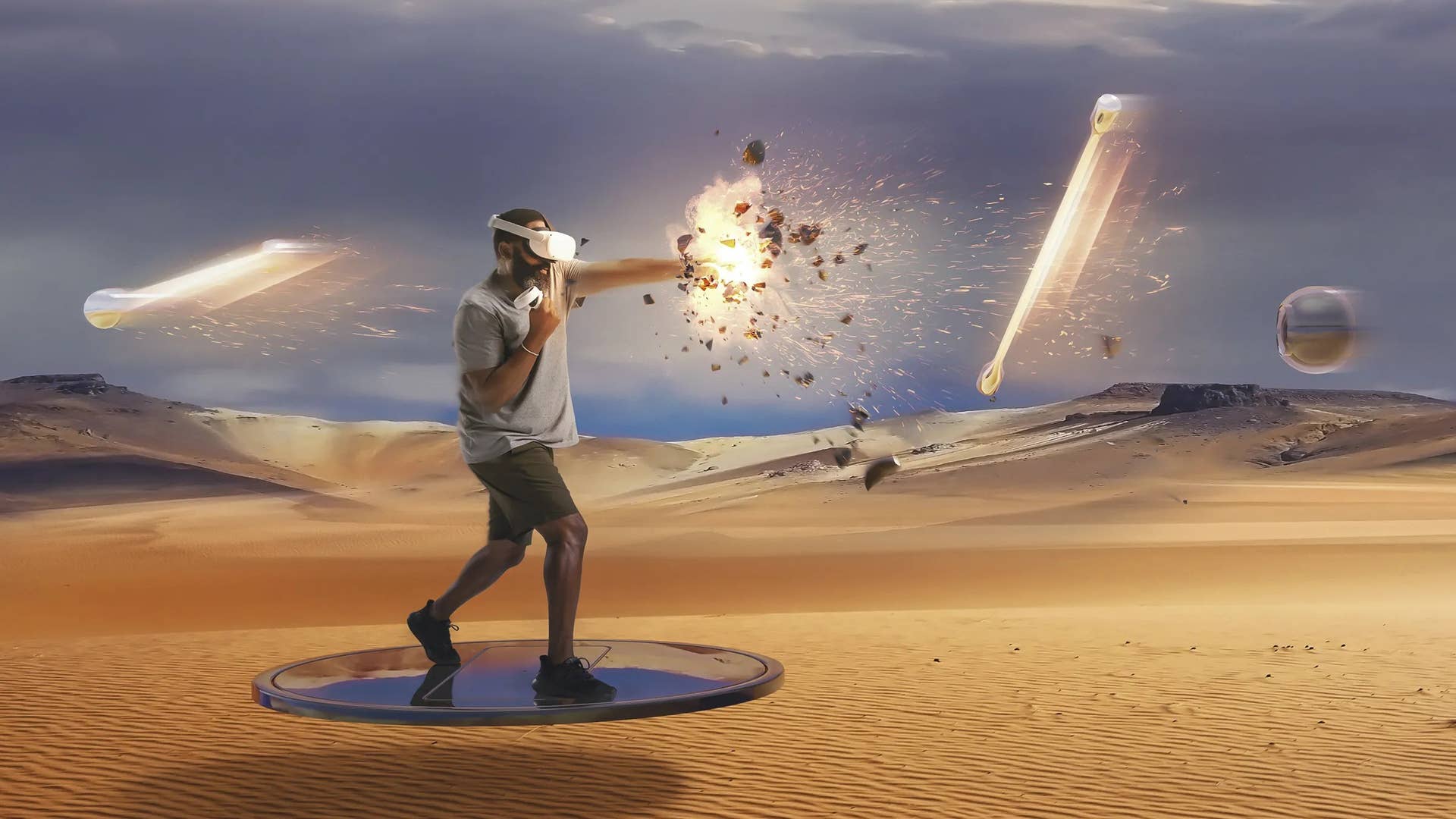
















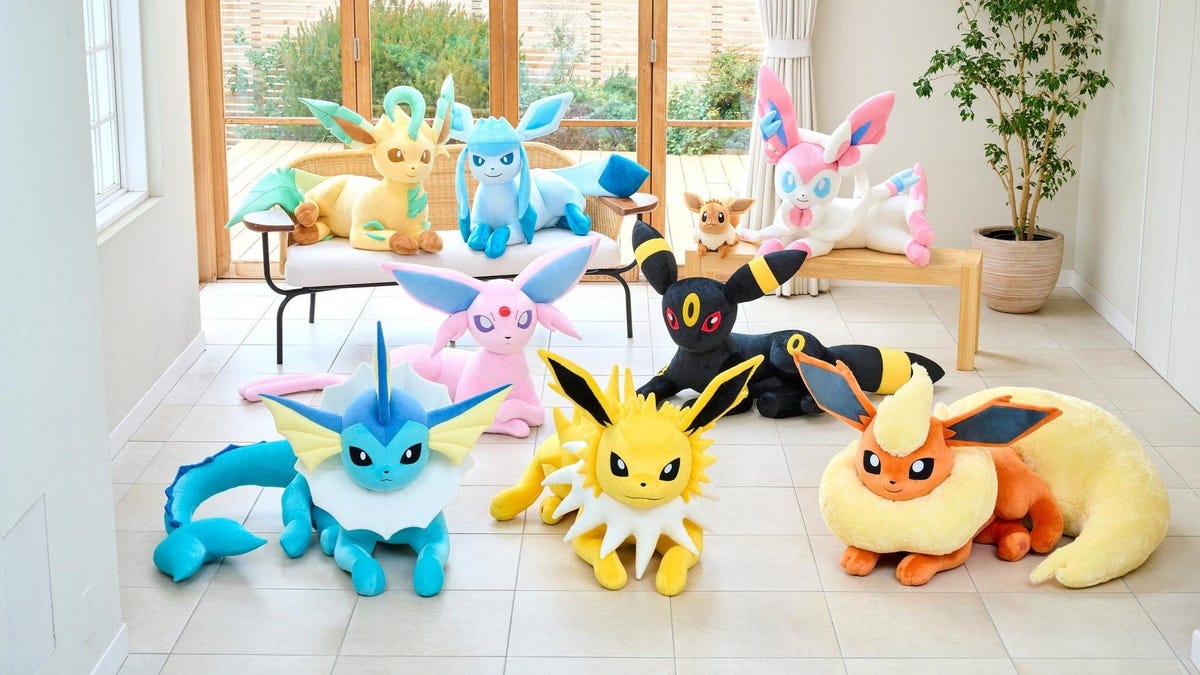
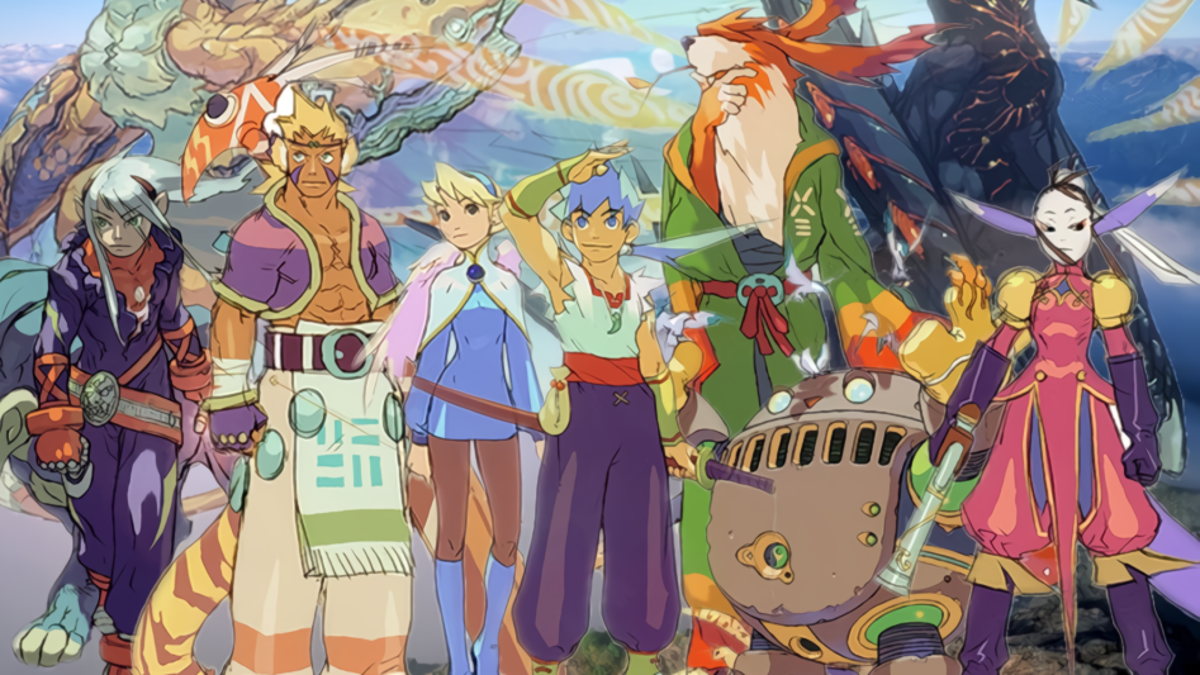
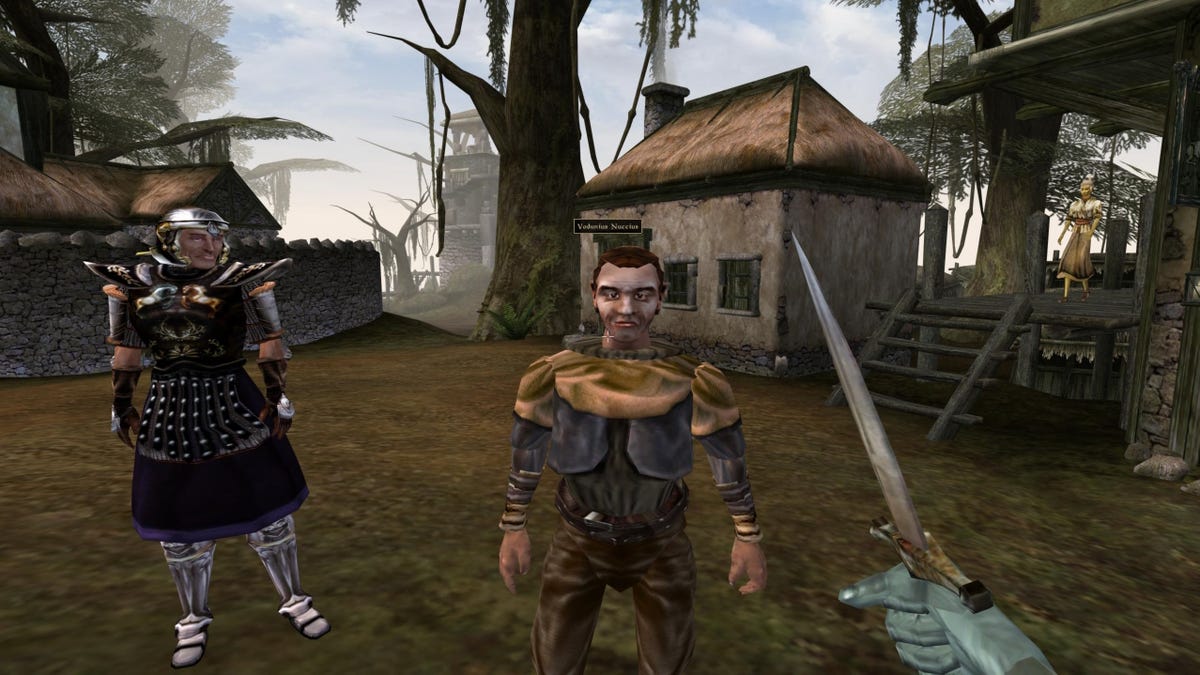







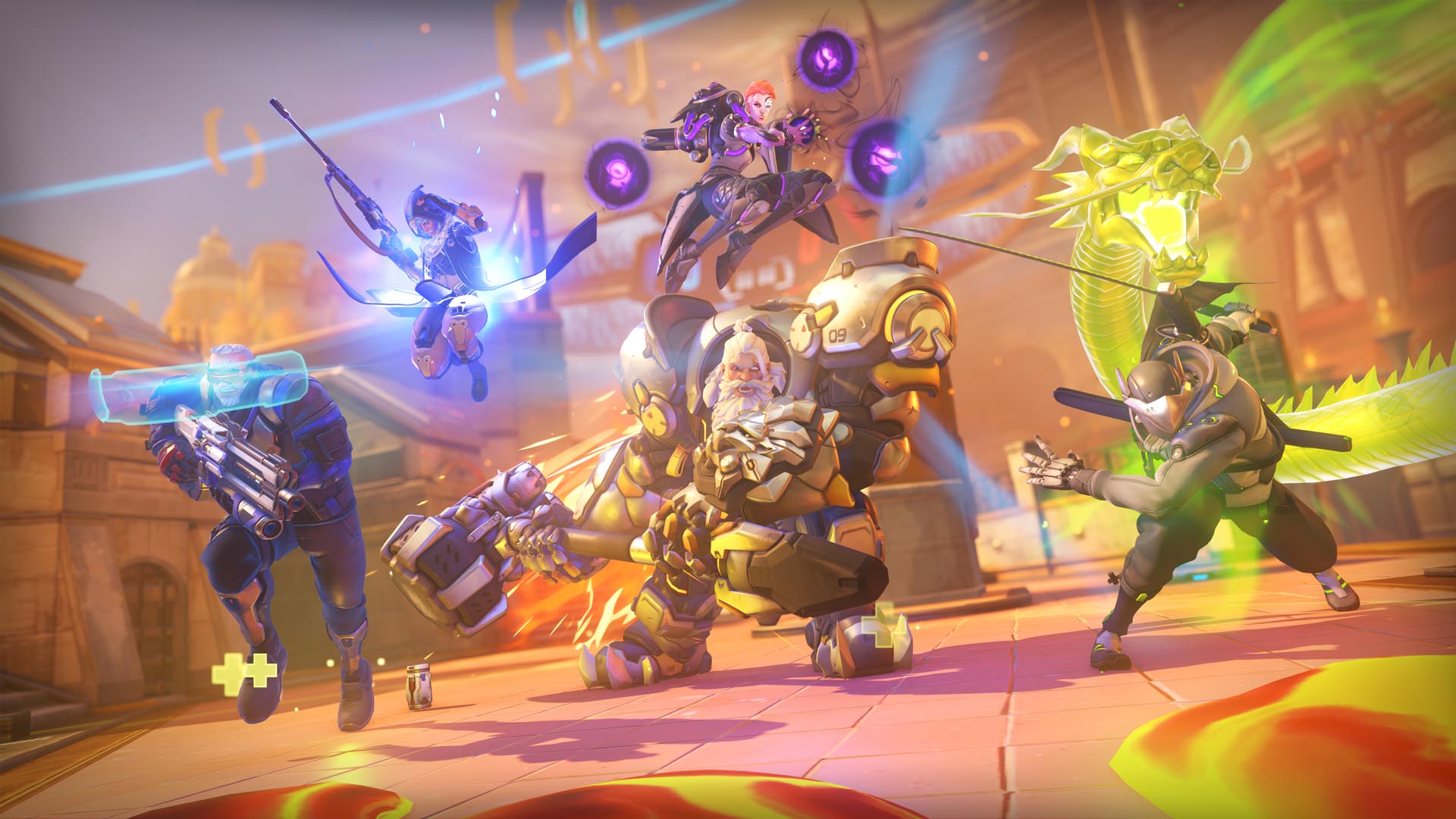






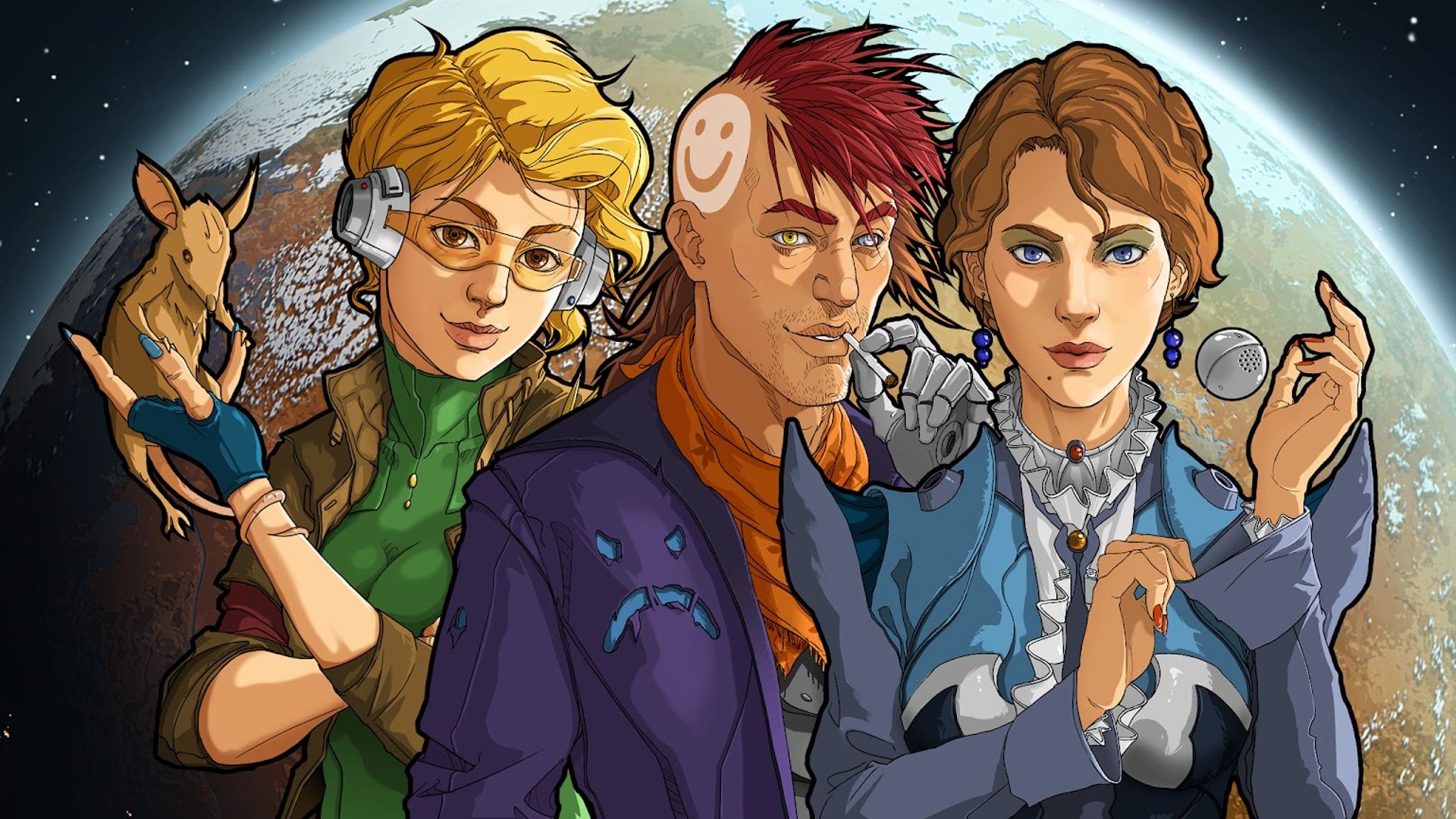














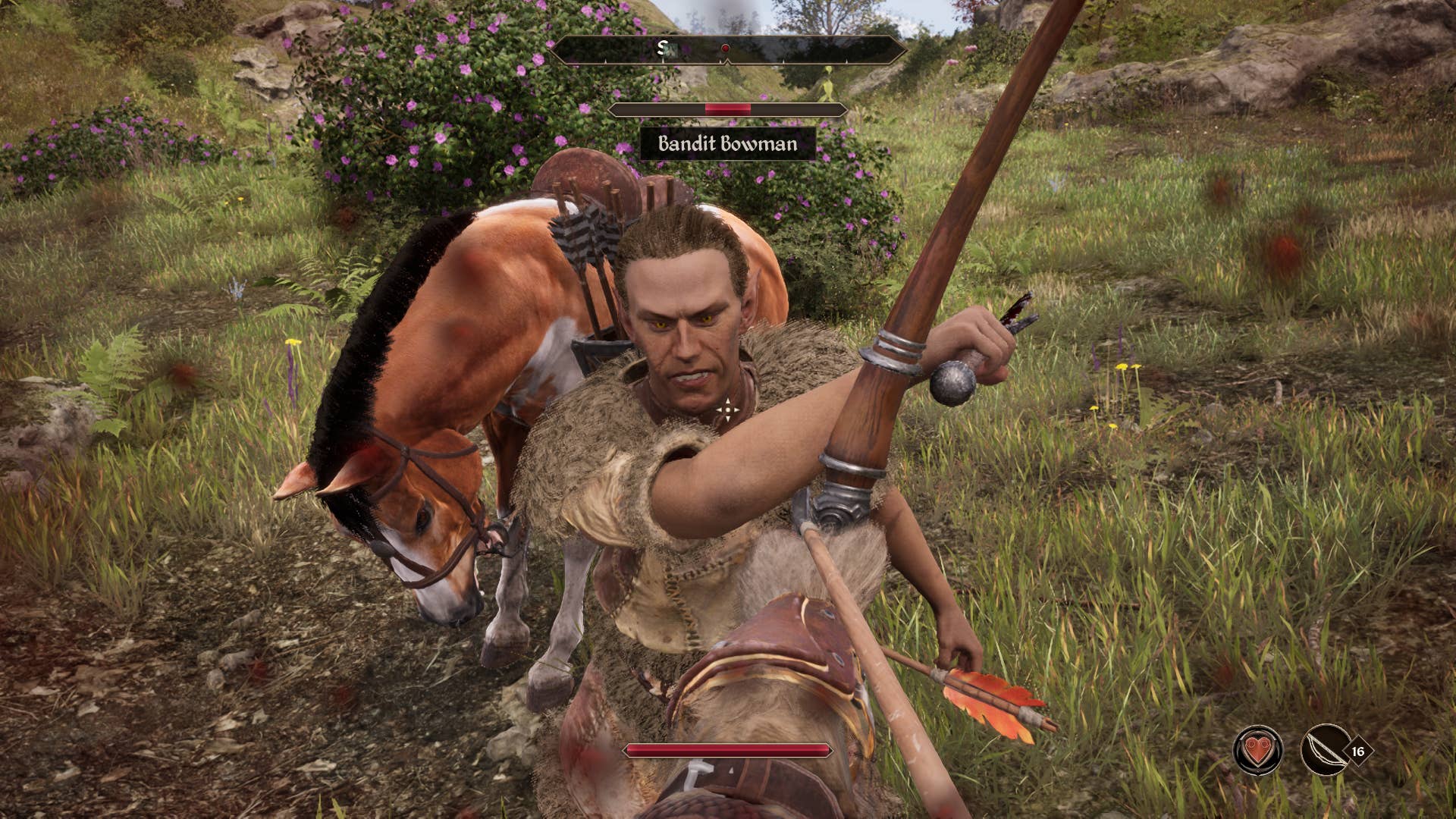

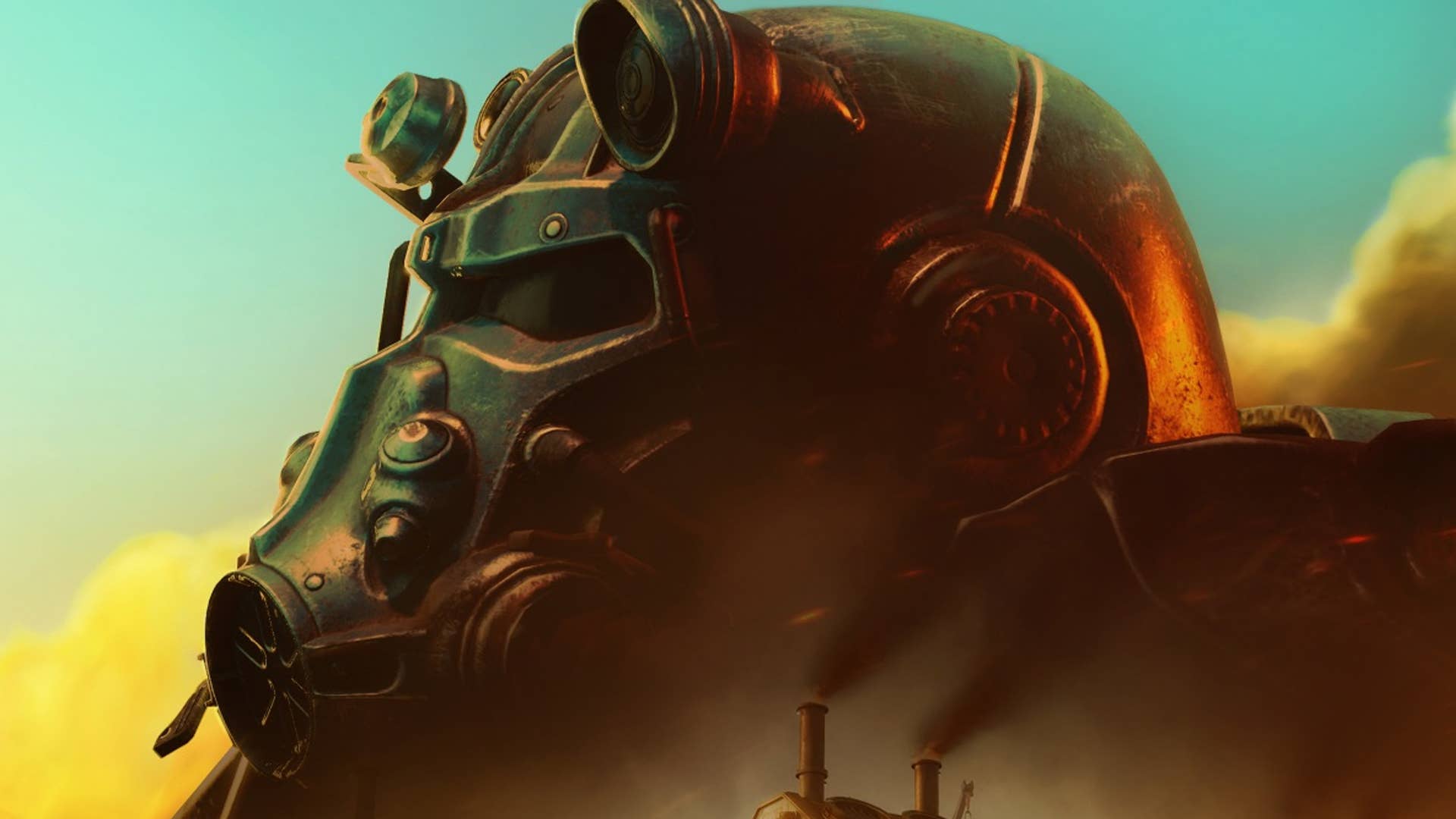
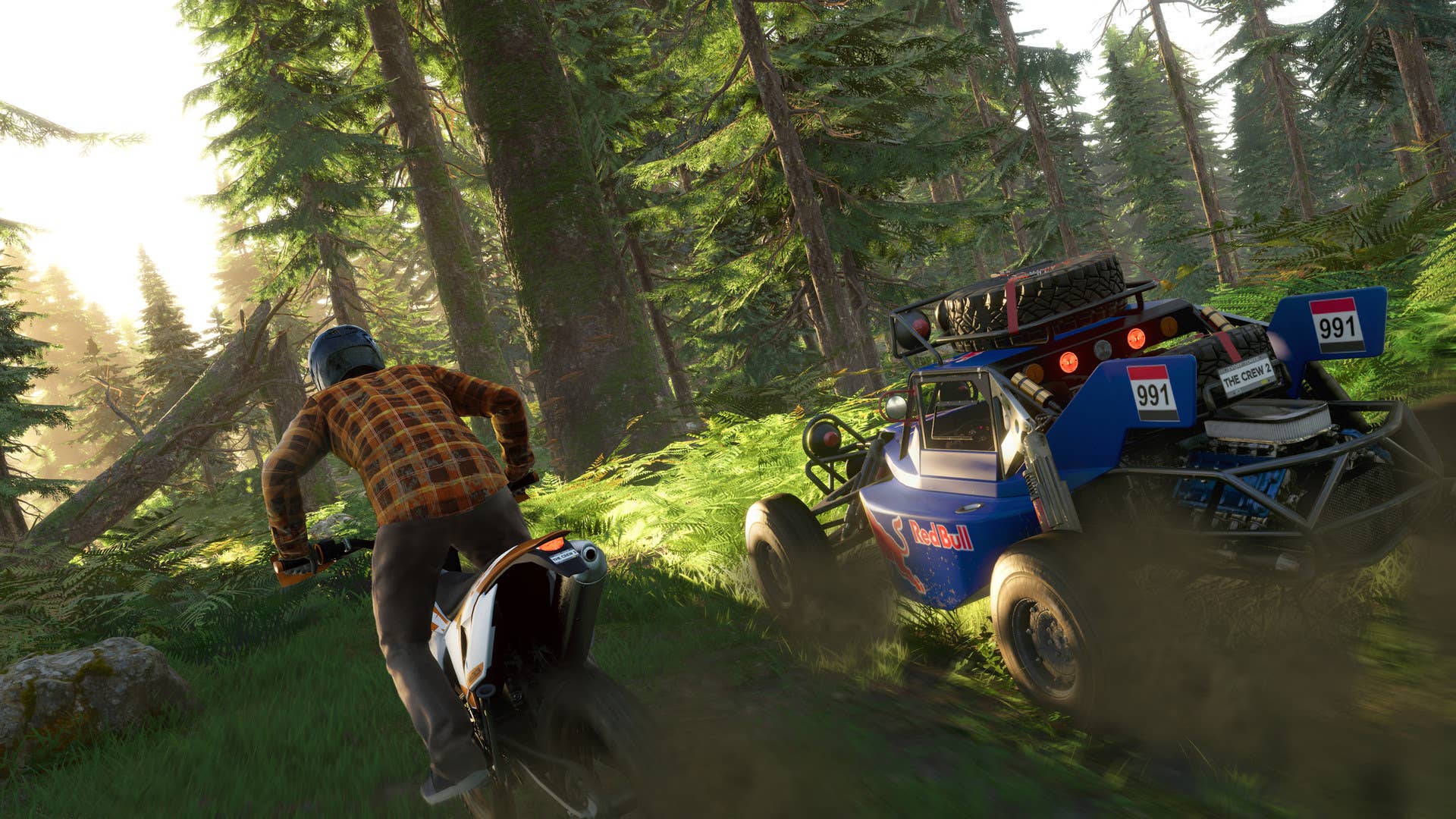


.jpg?width=1920&height=1920&fit=bounds&quality=70&format=jpg&auto=webp#)
